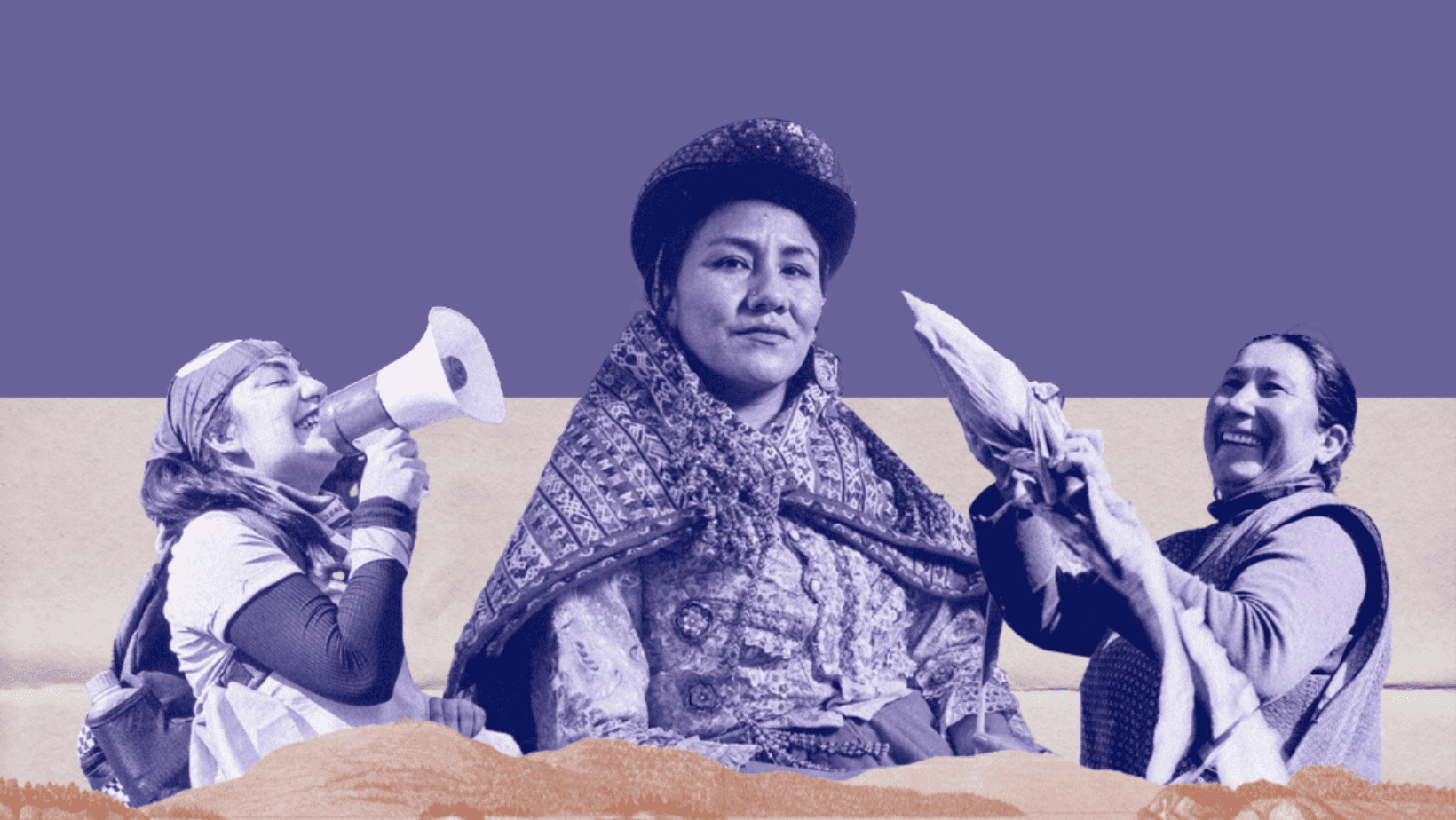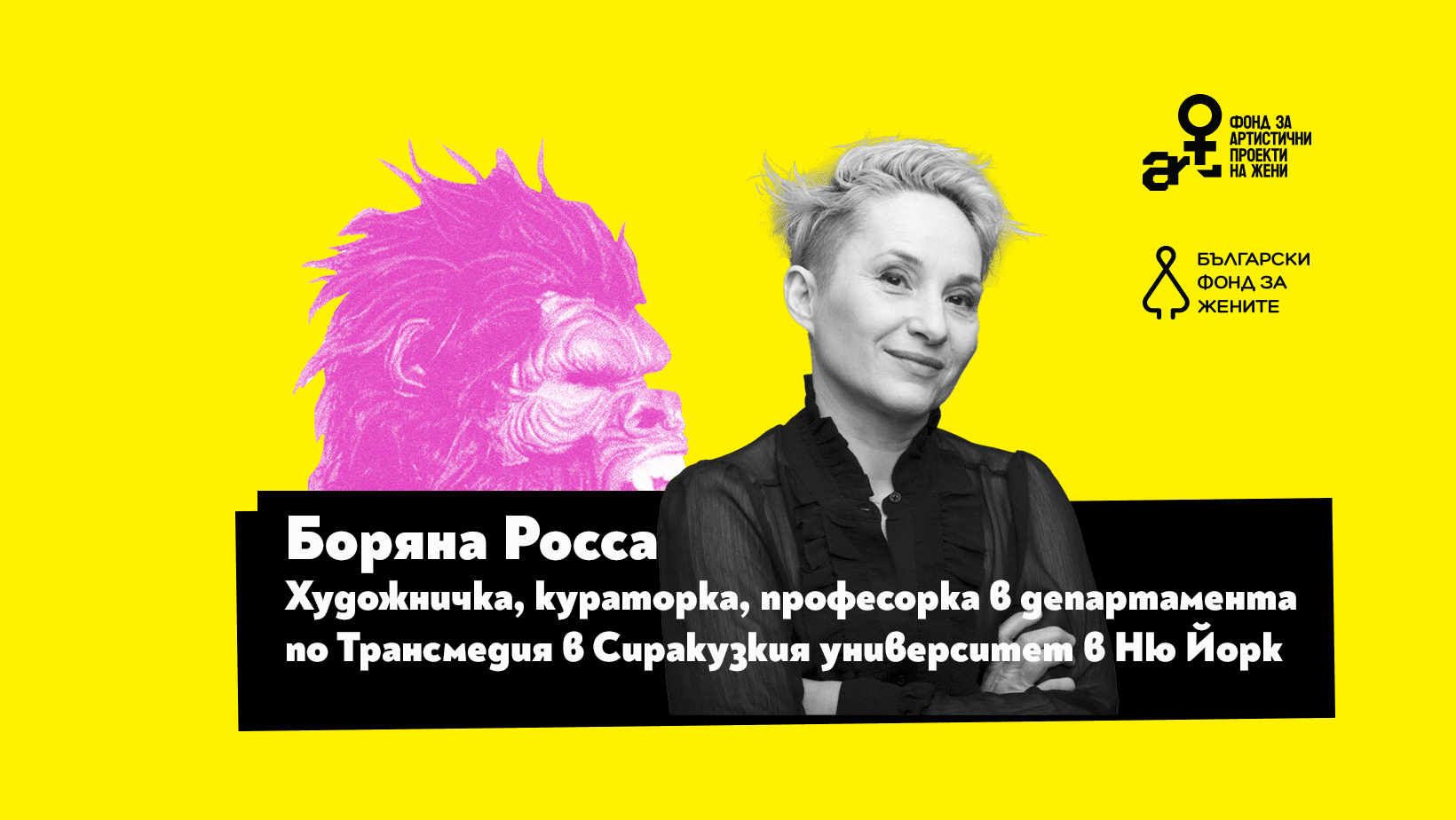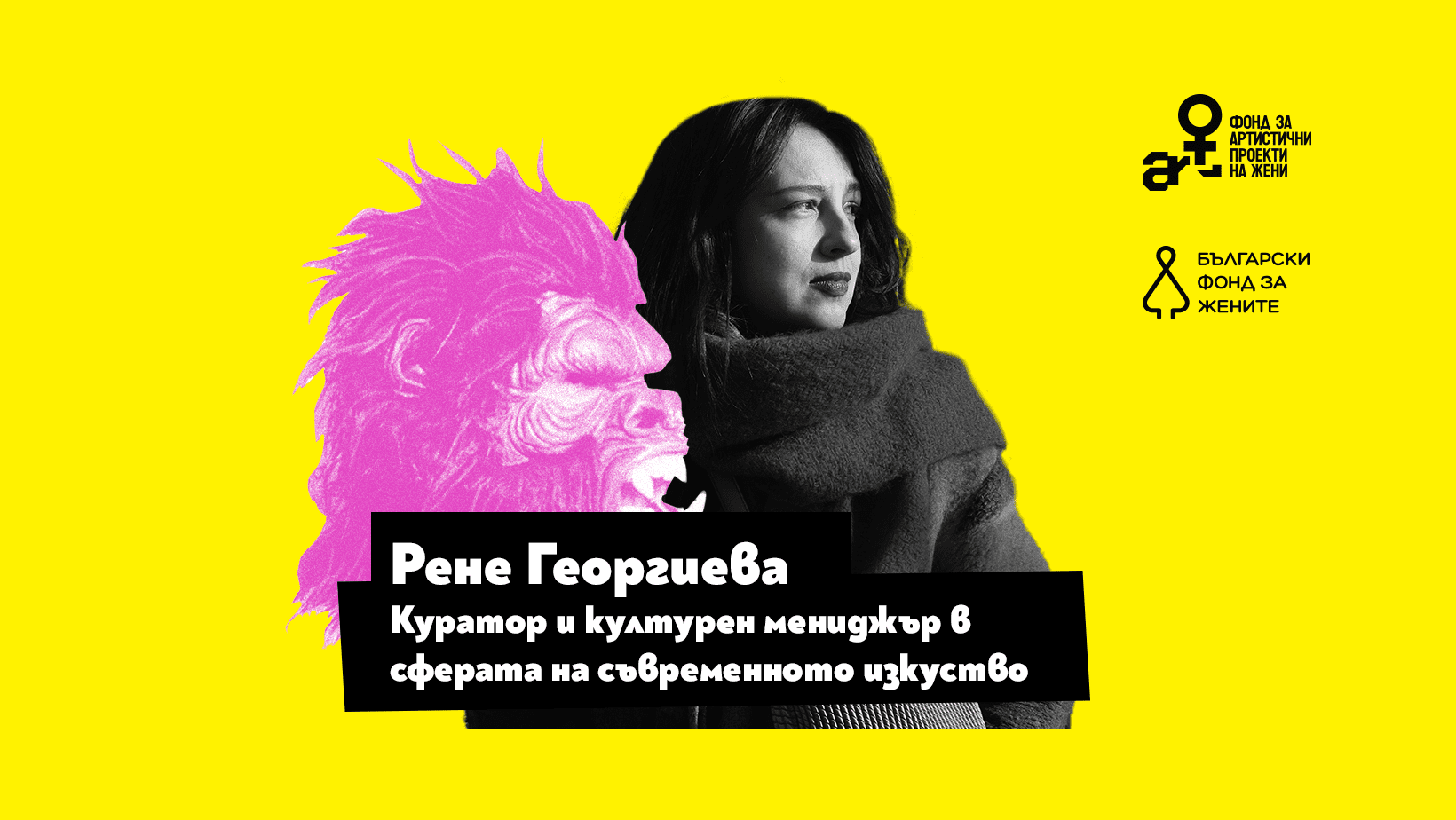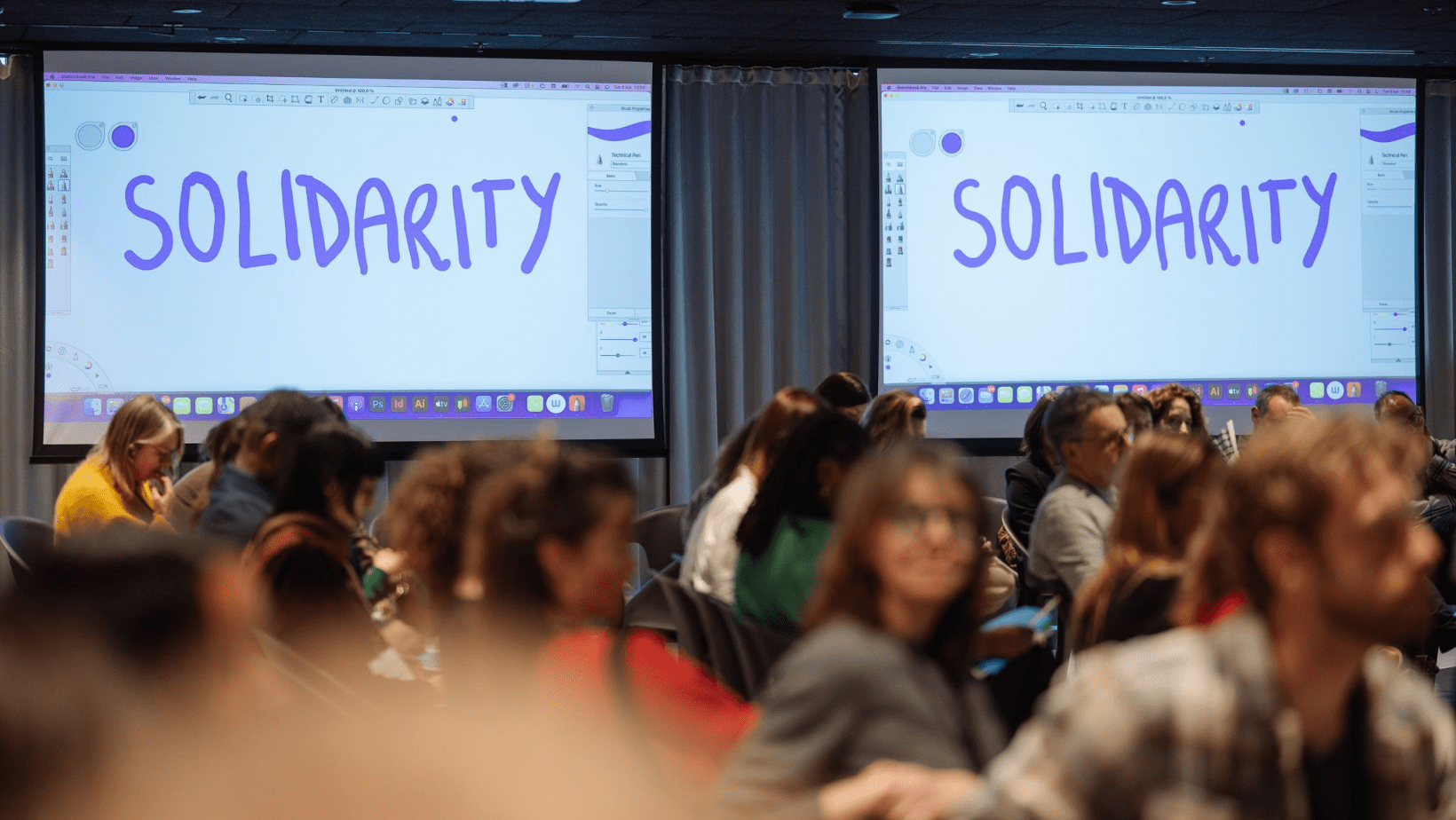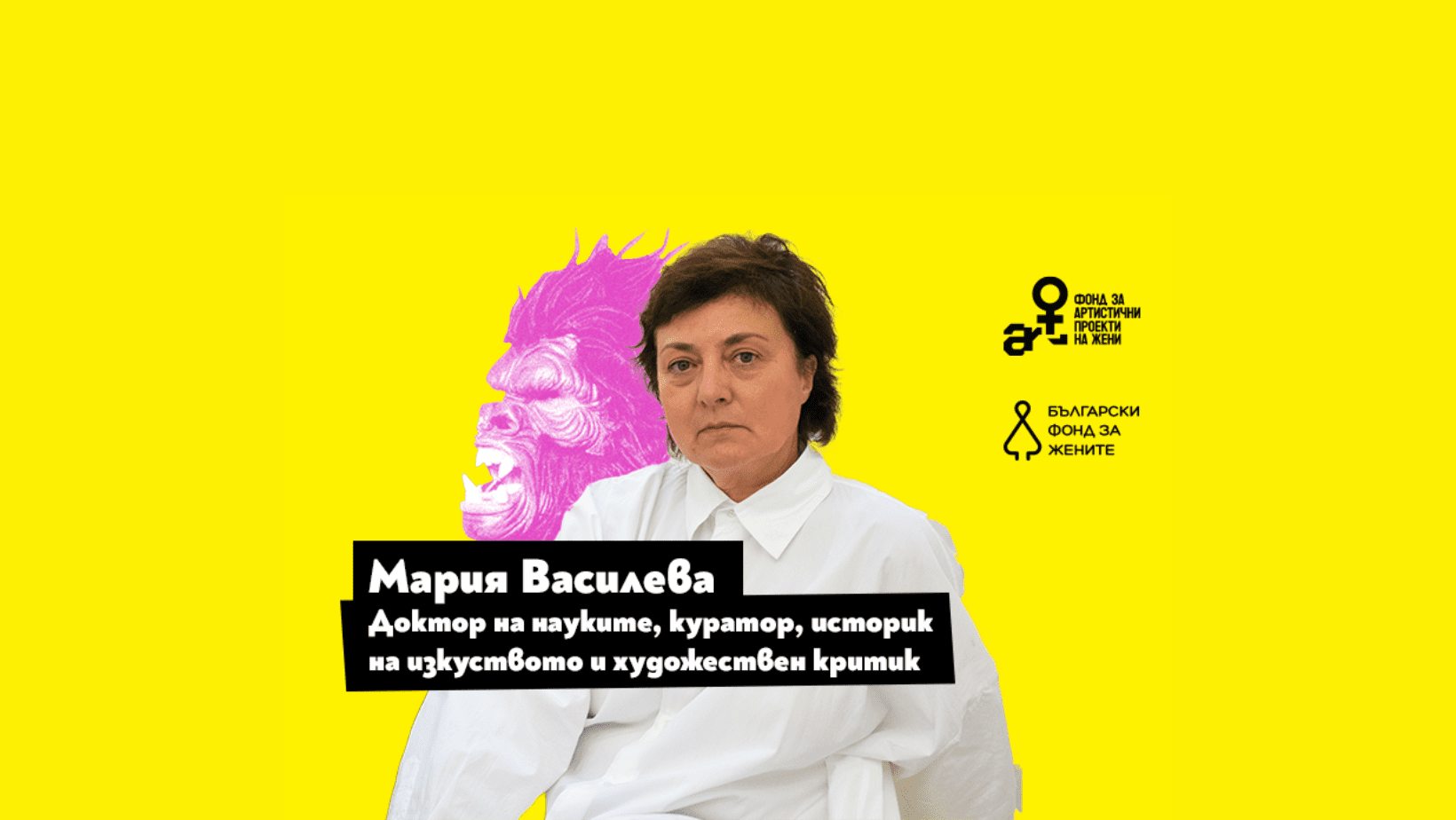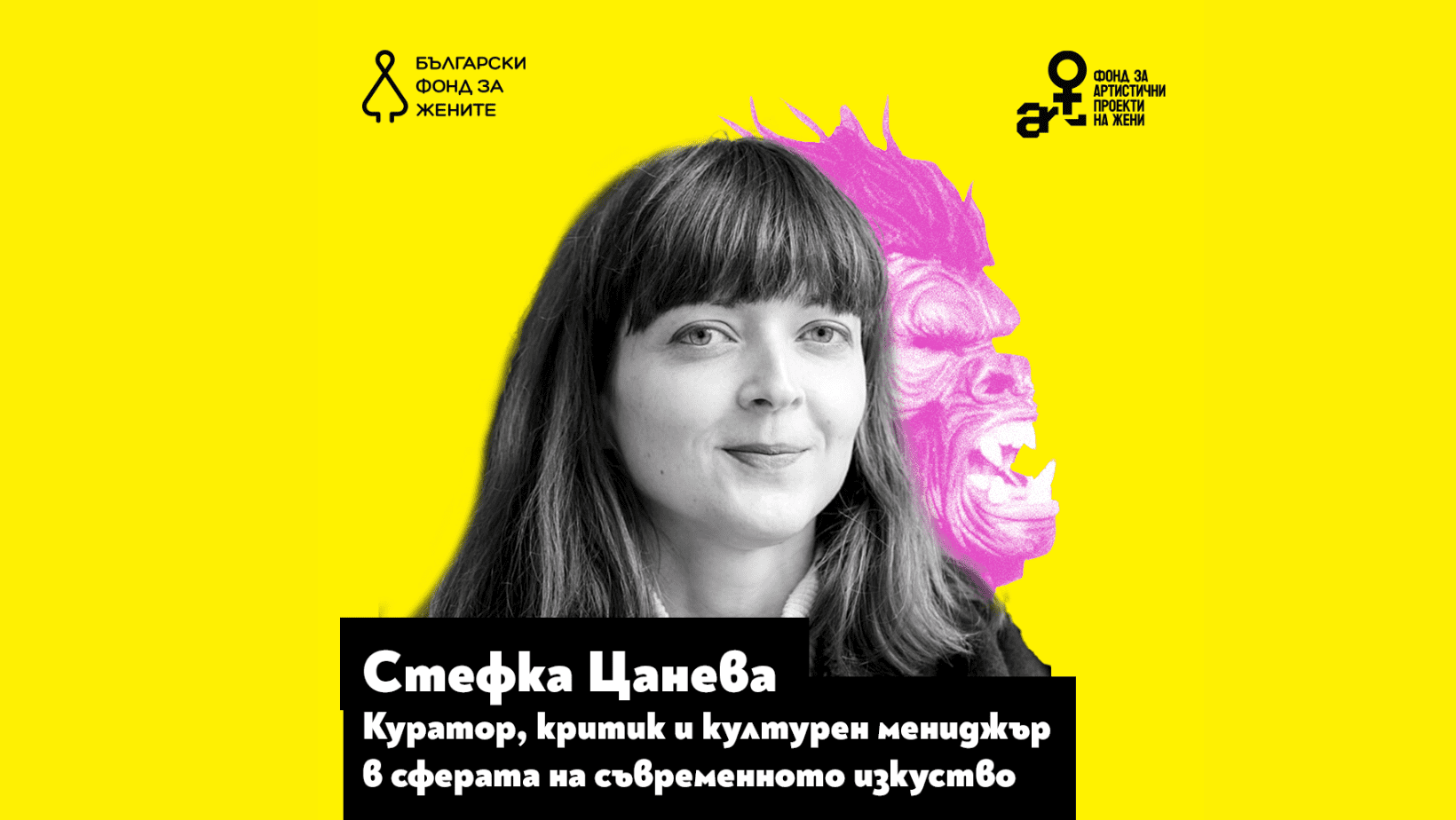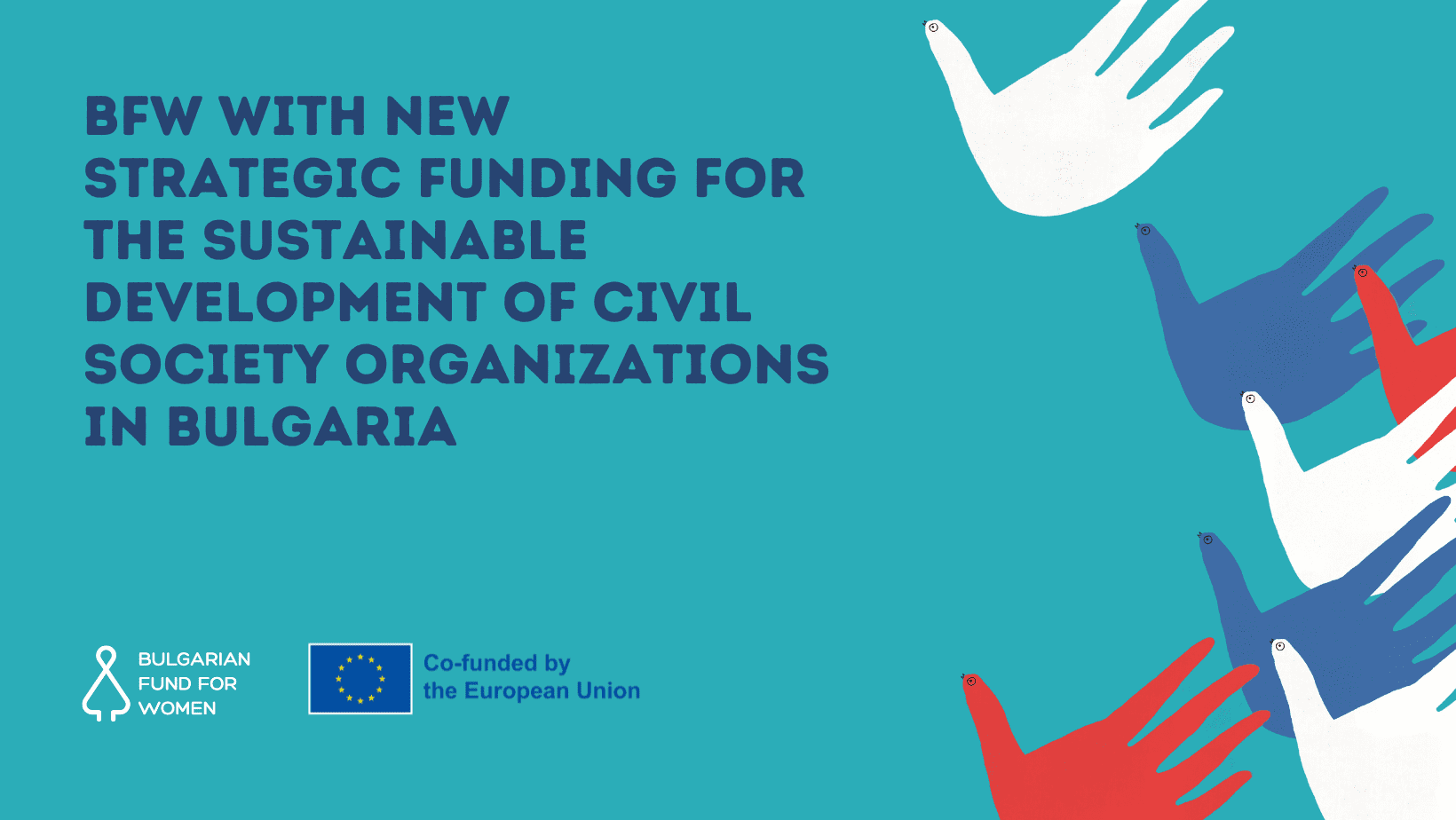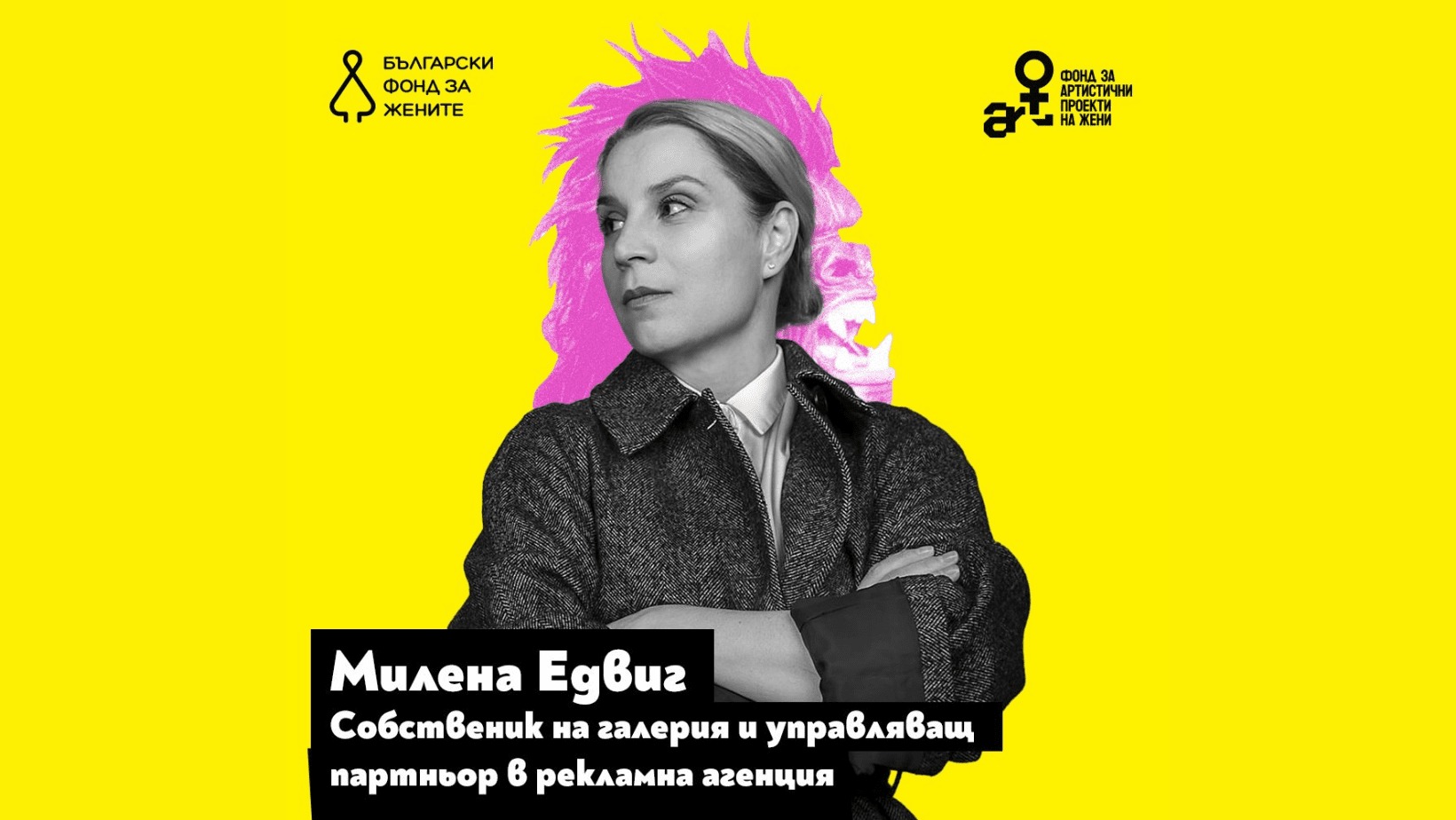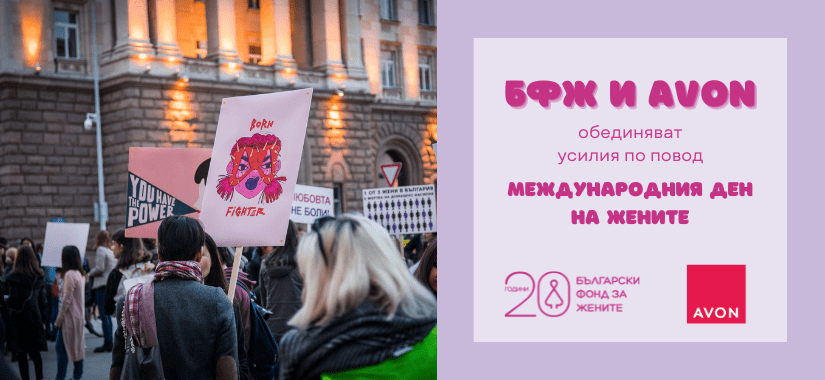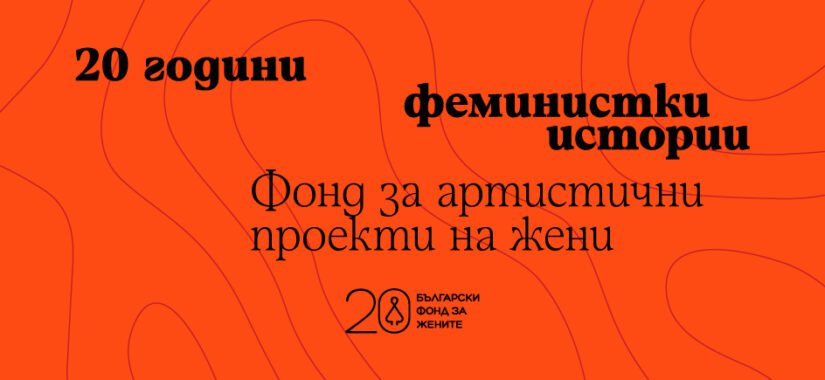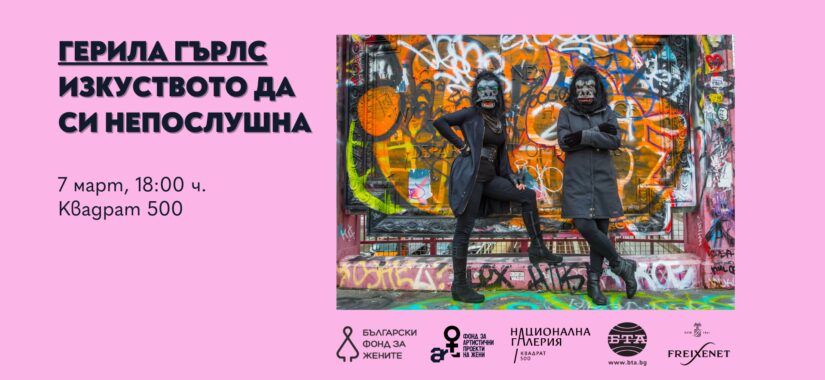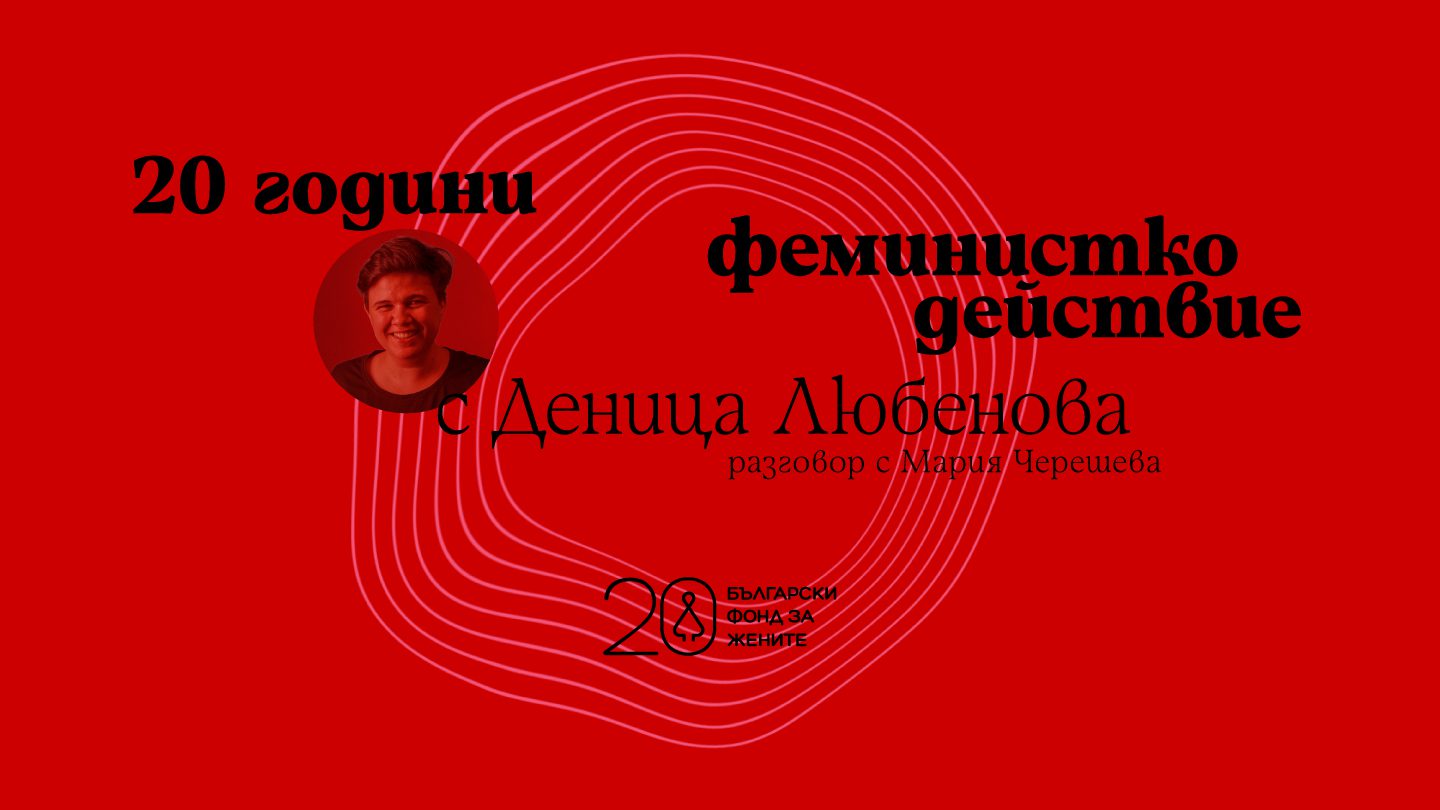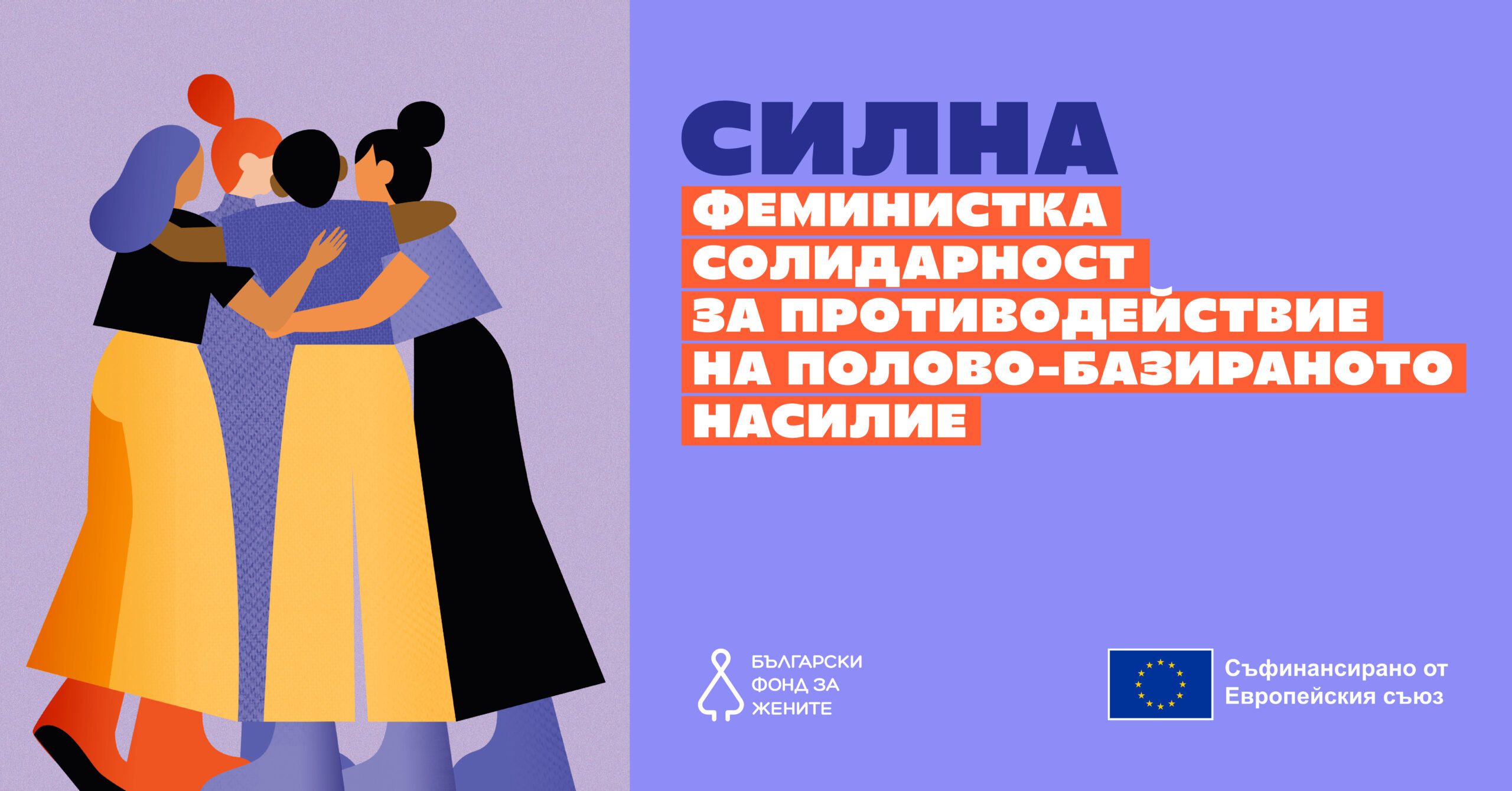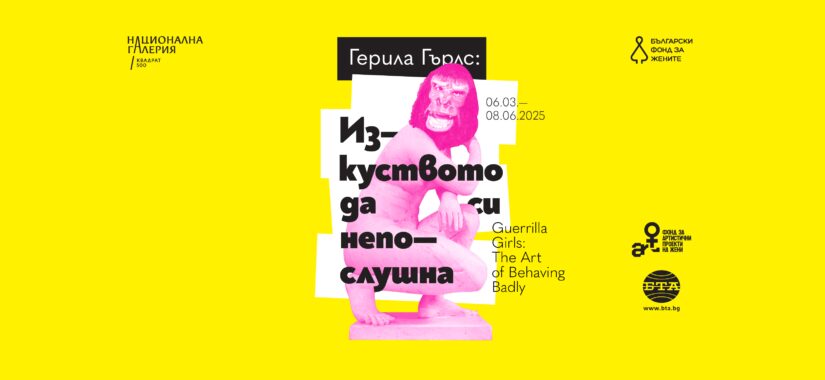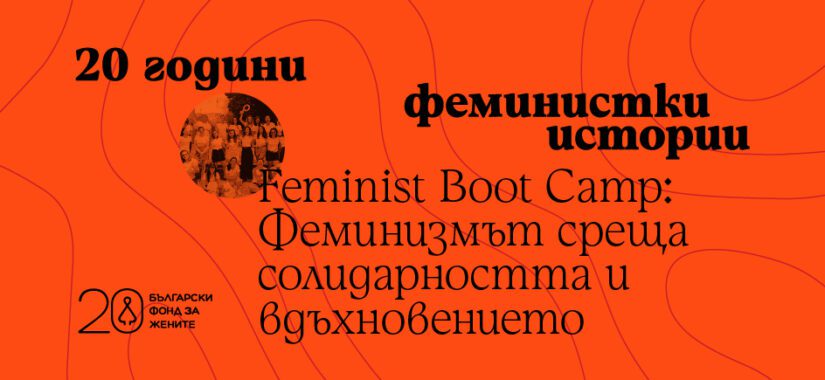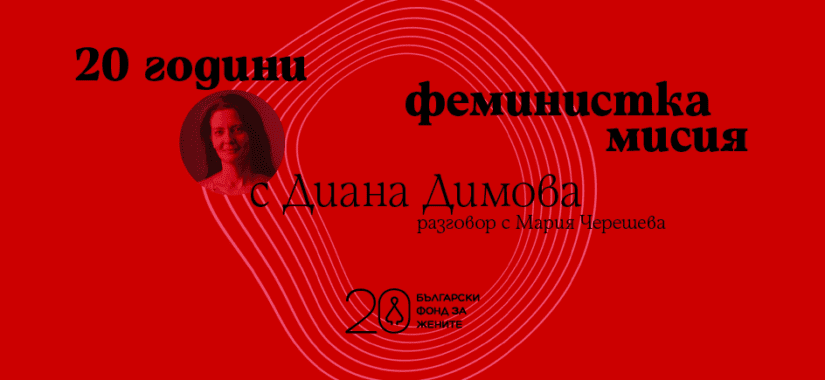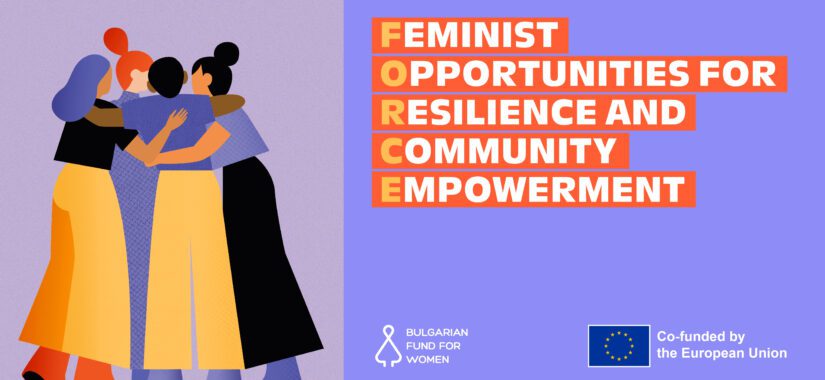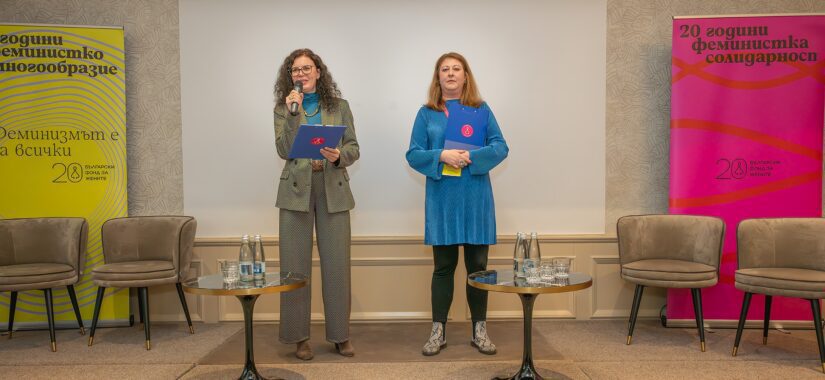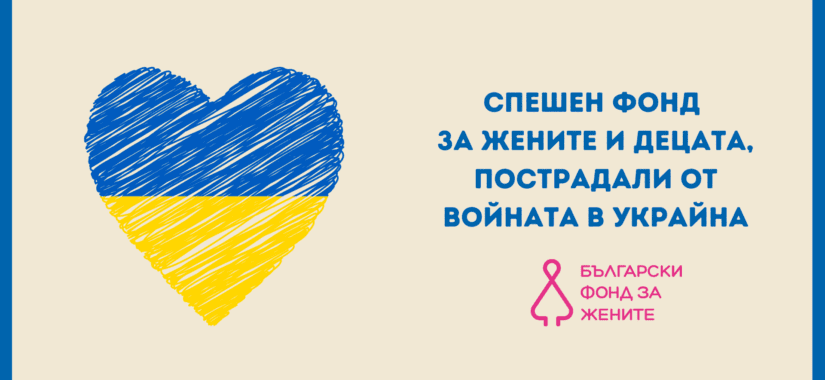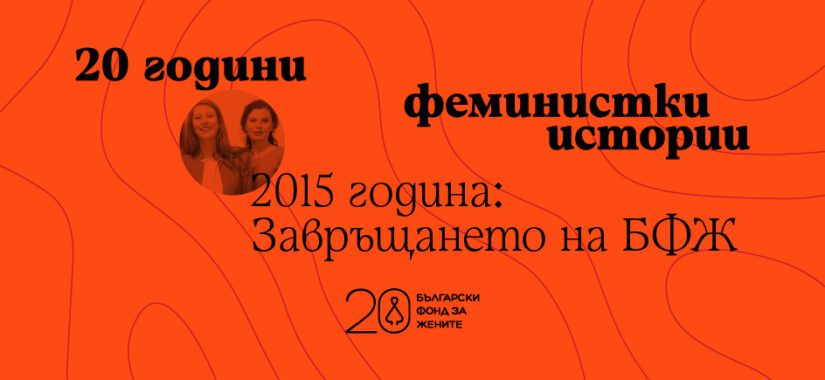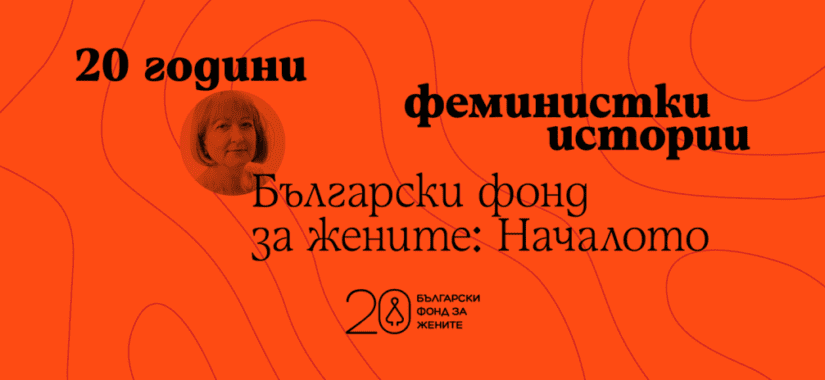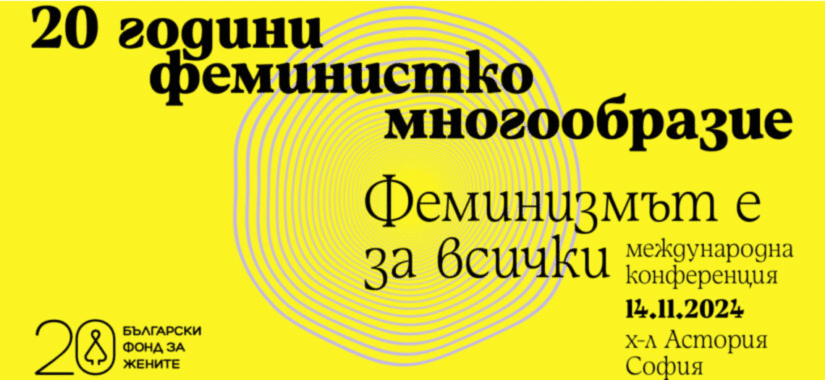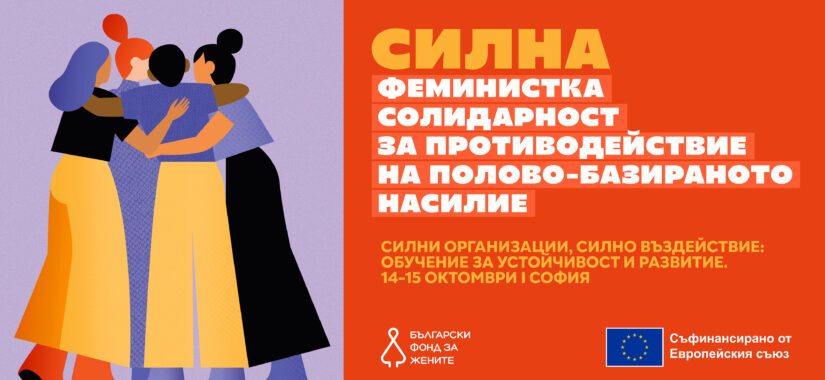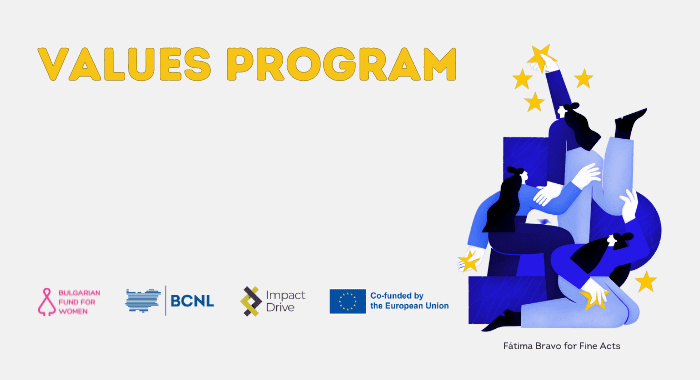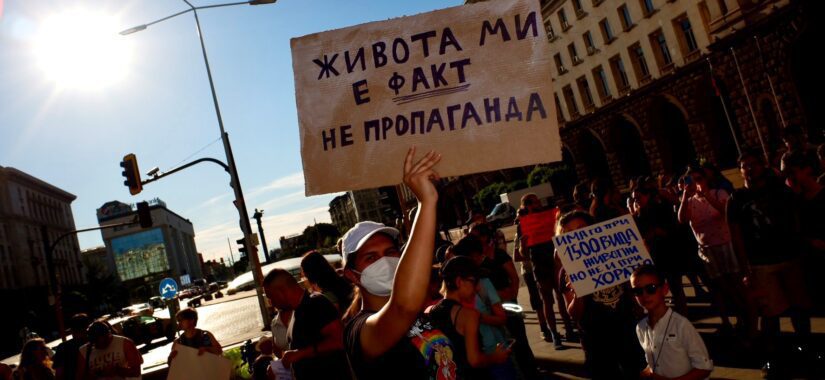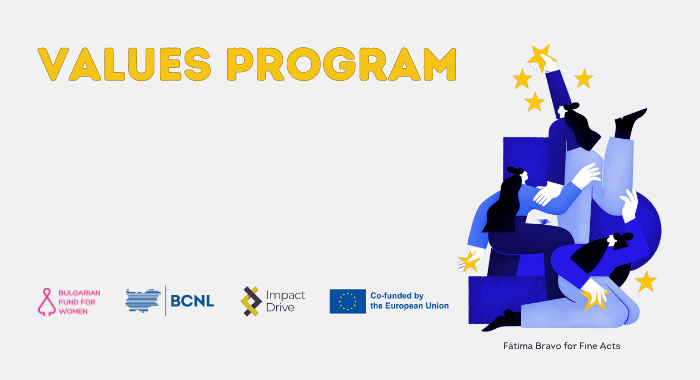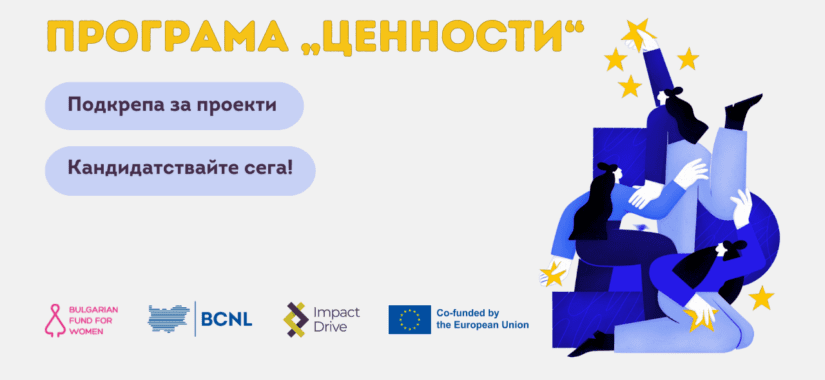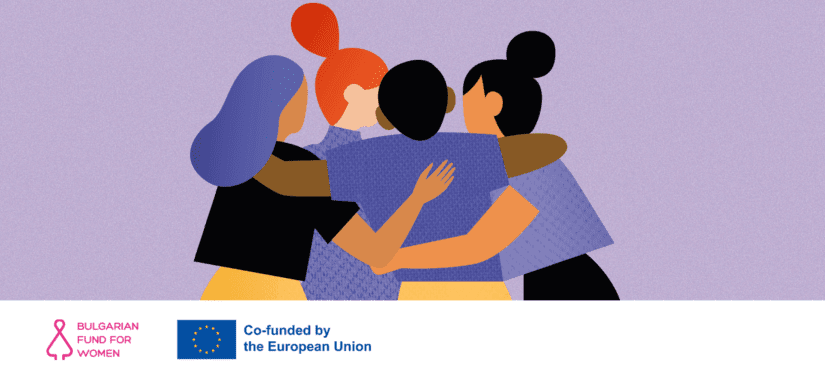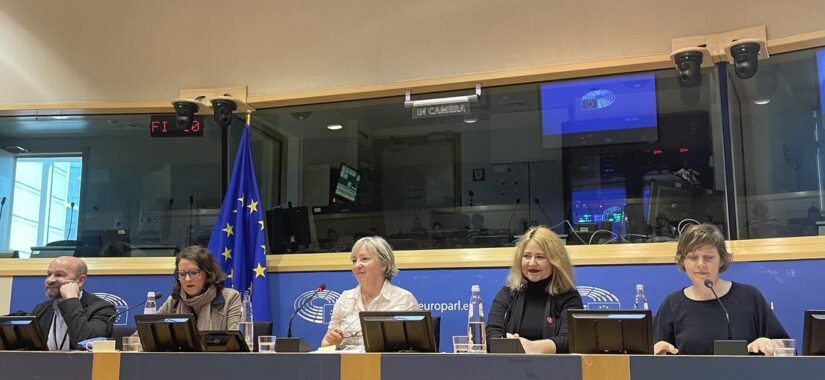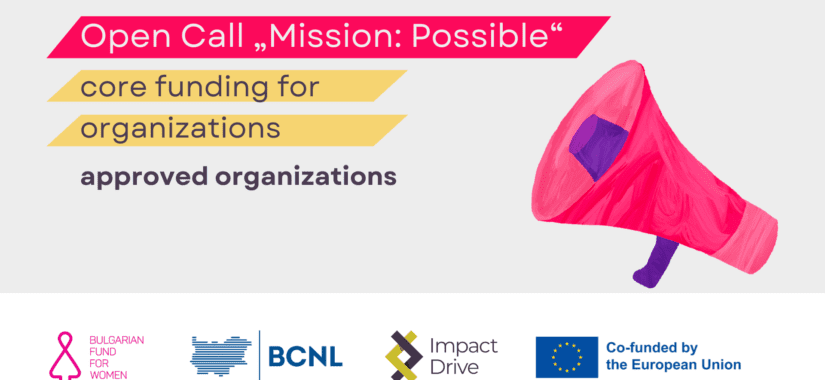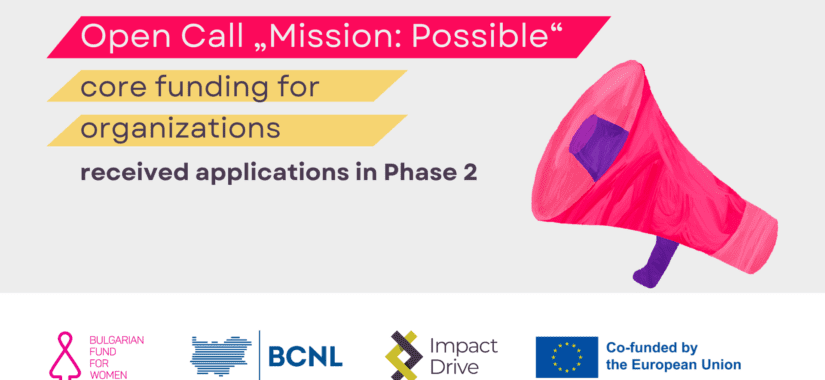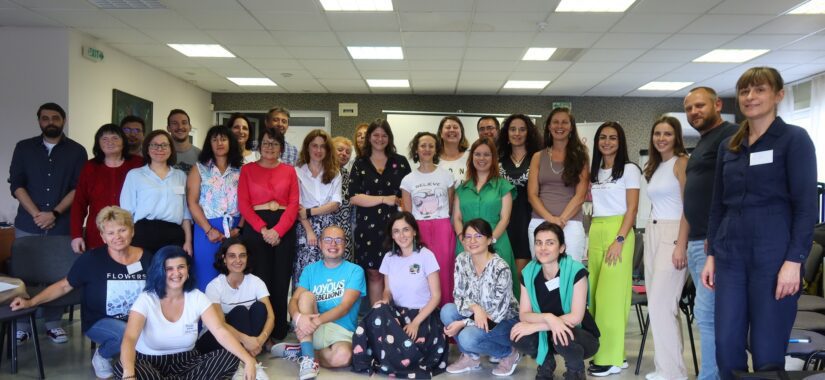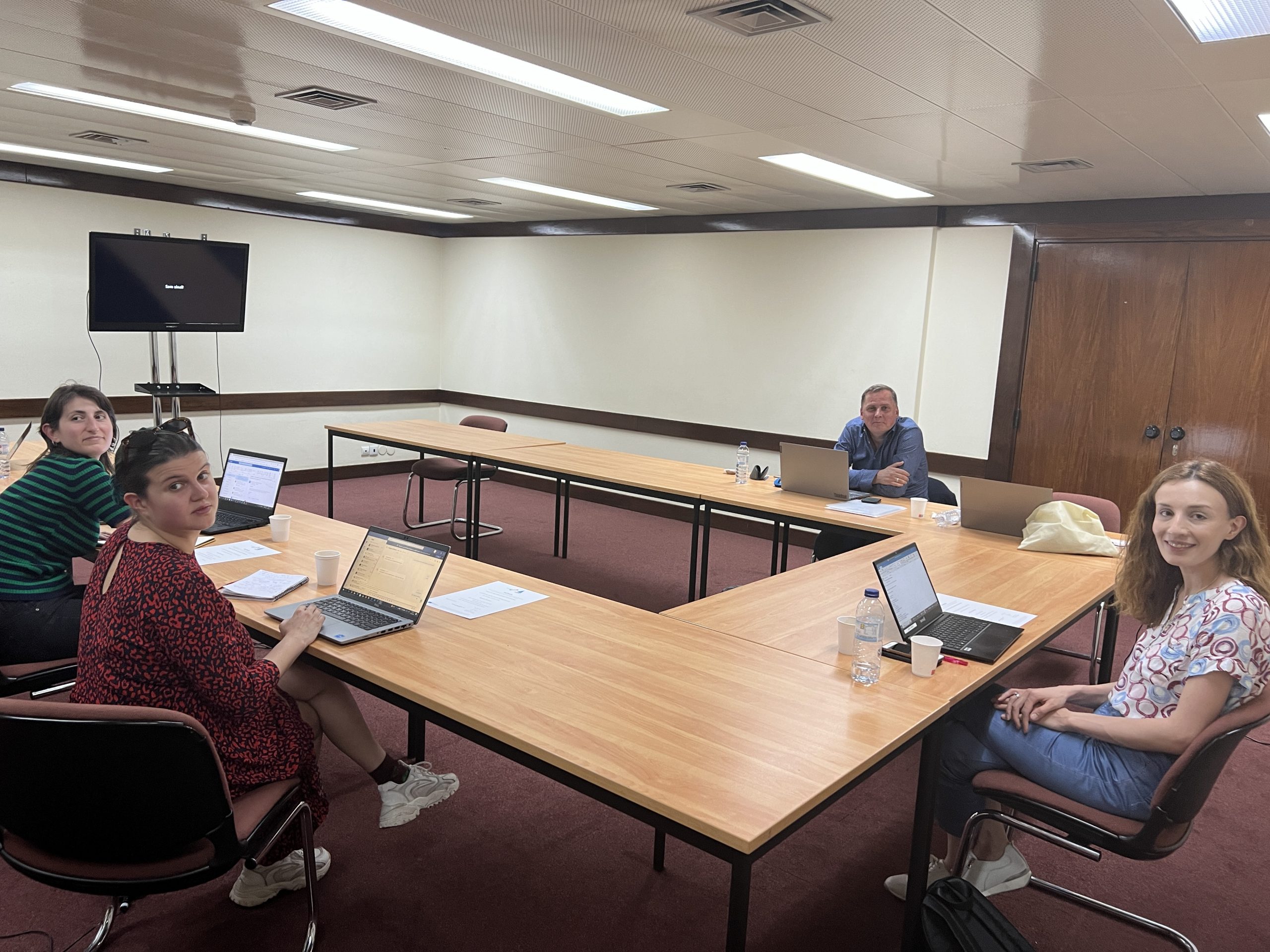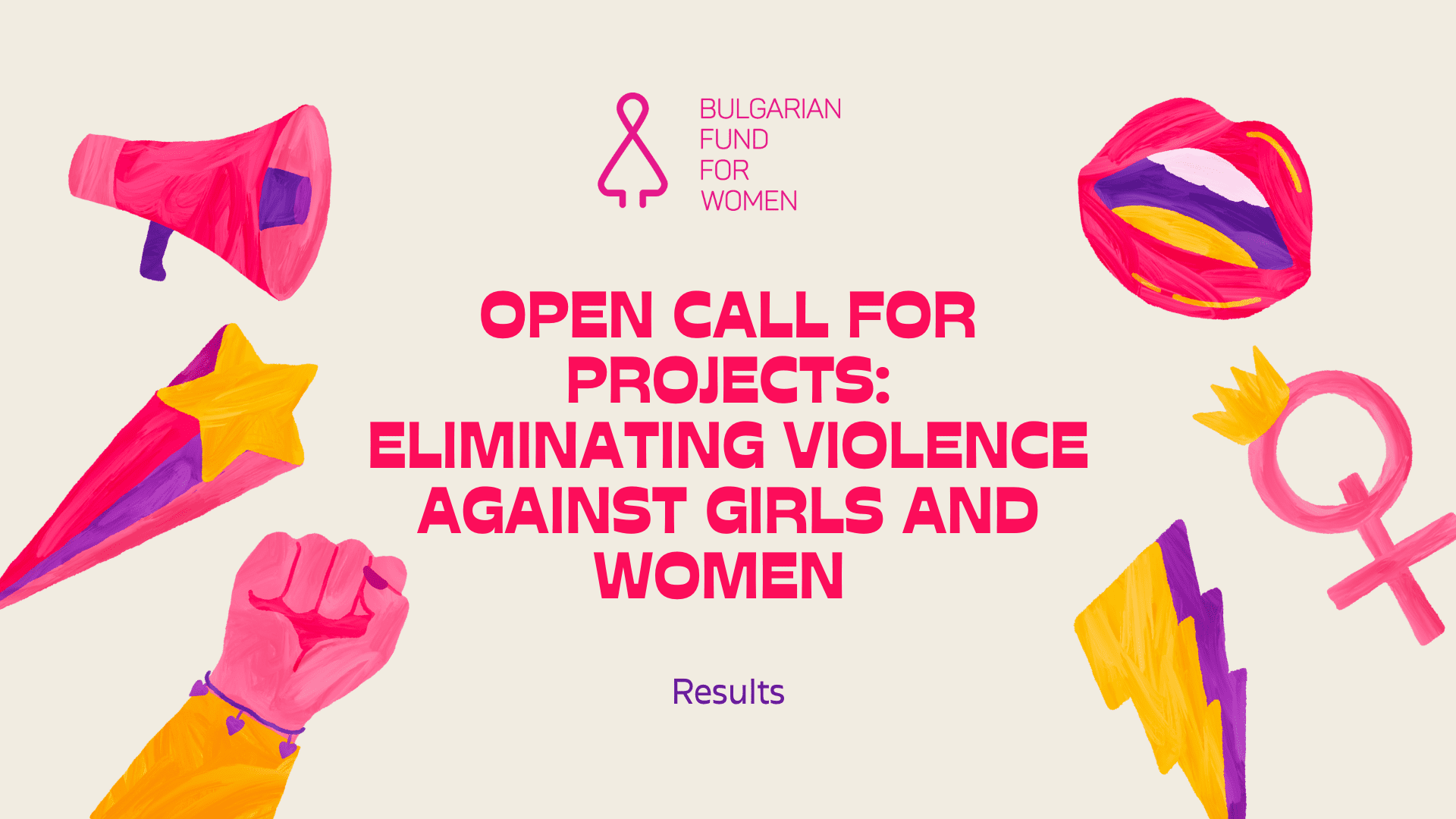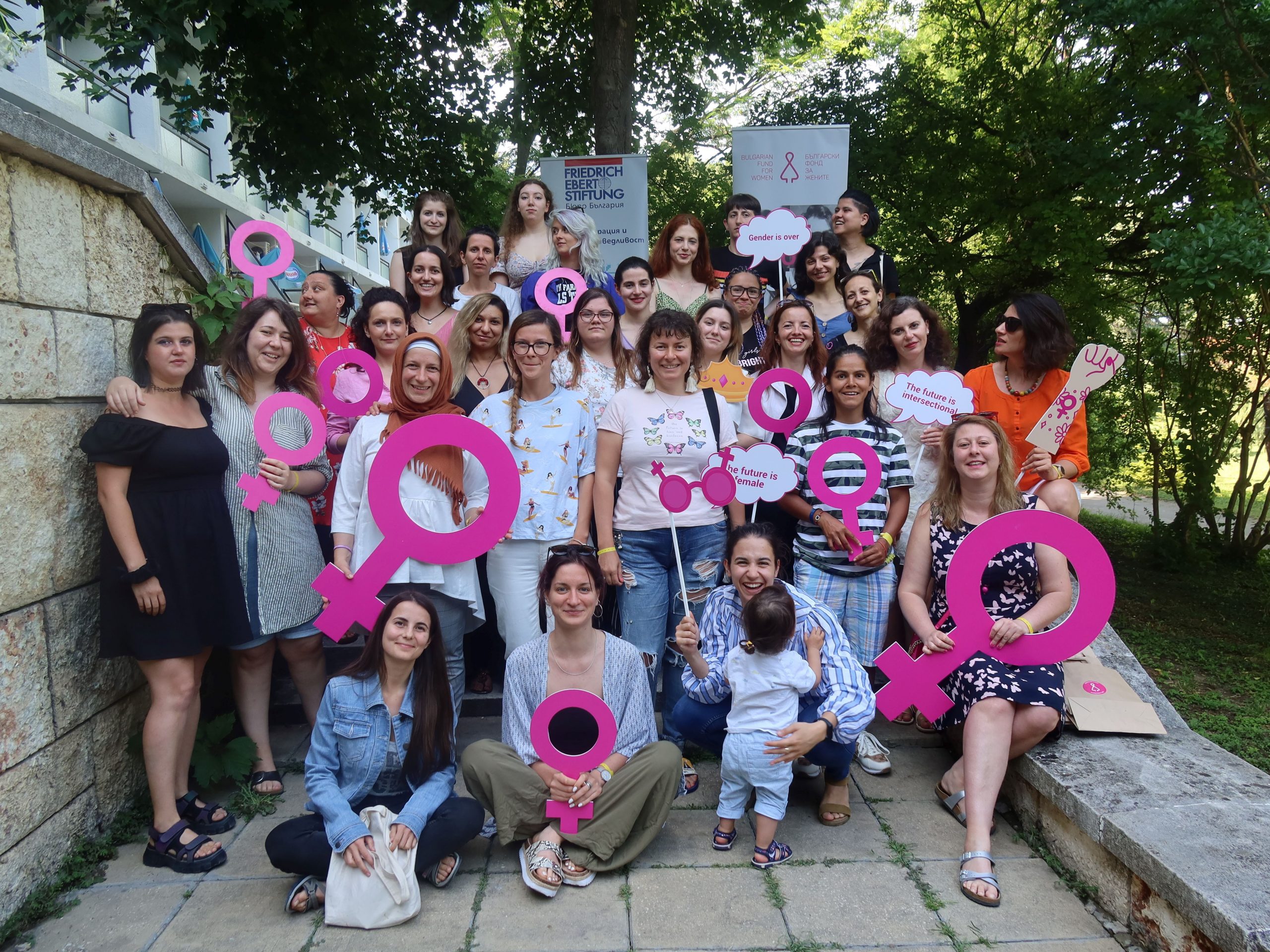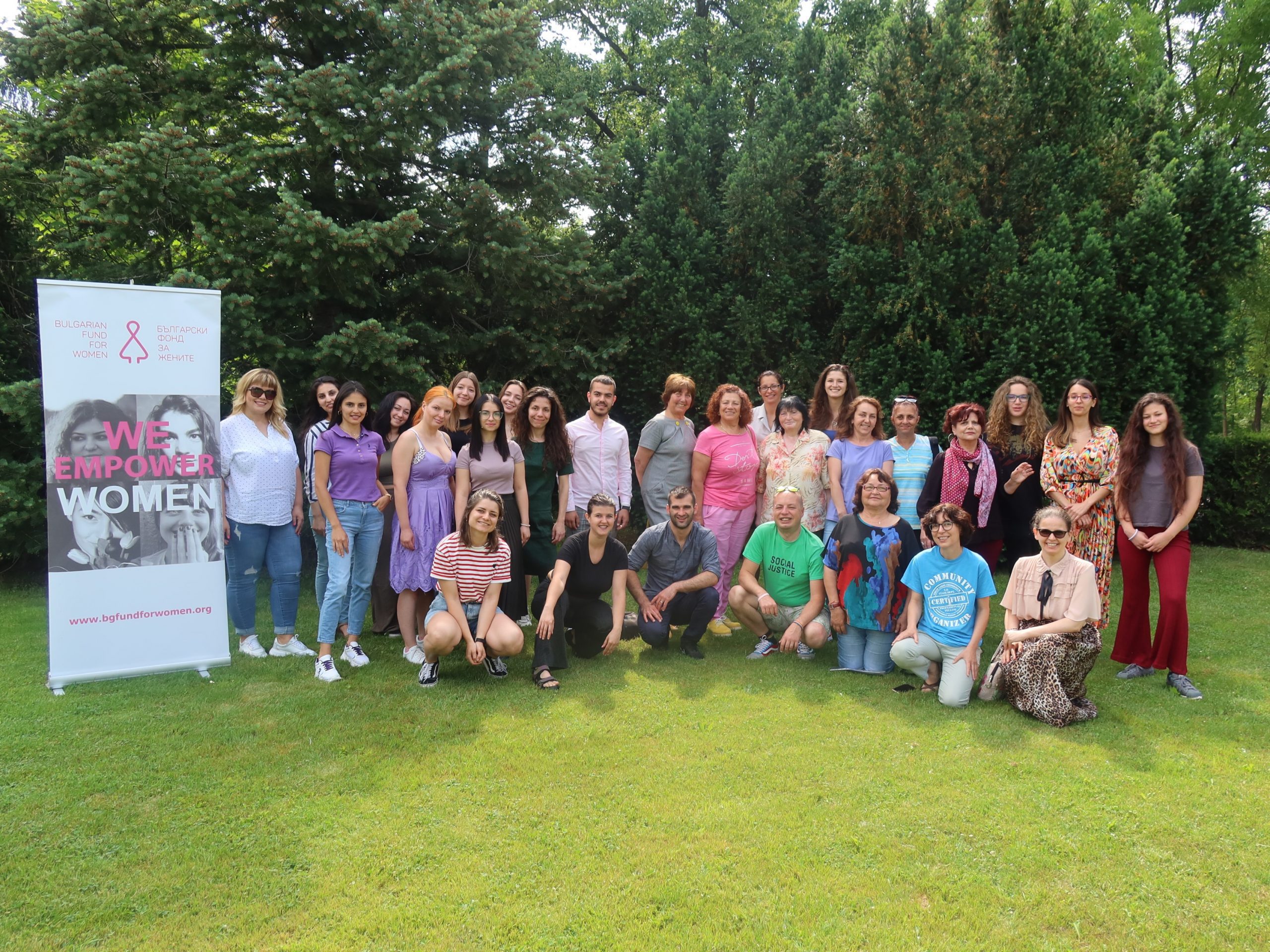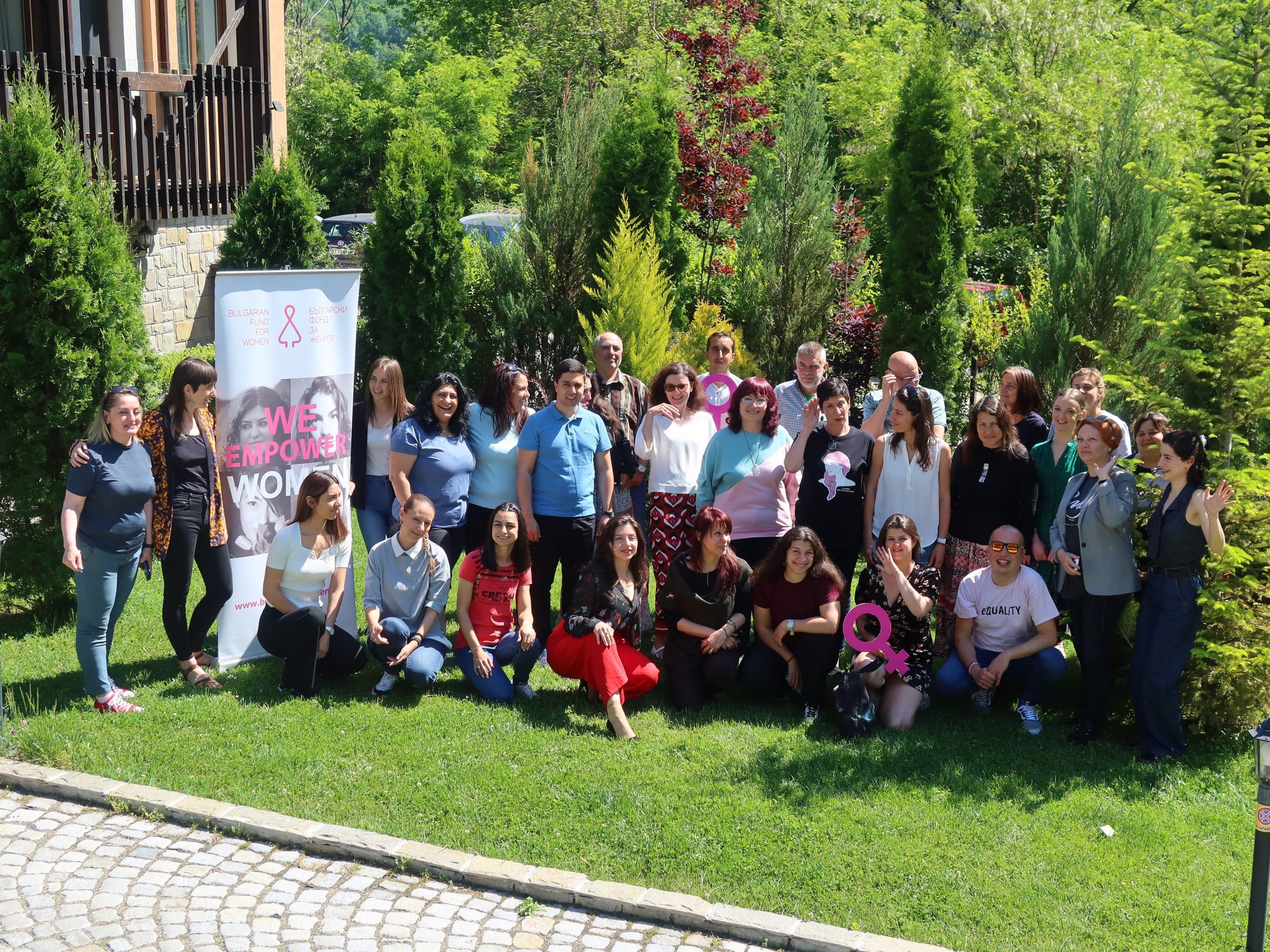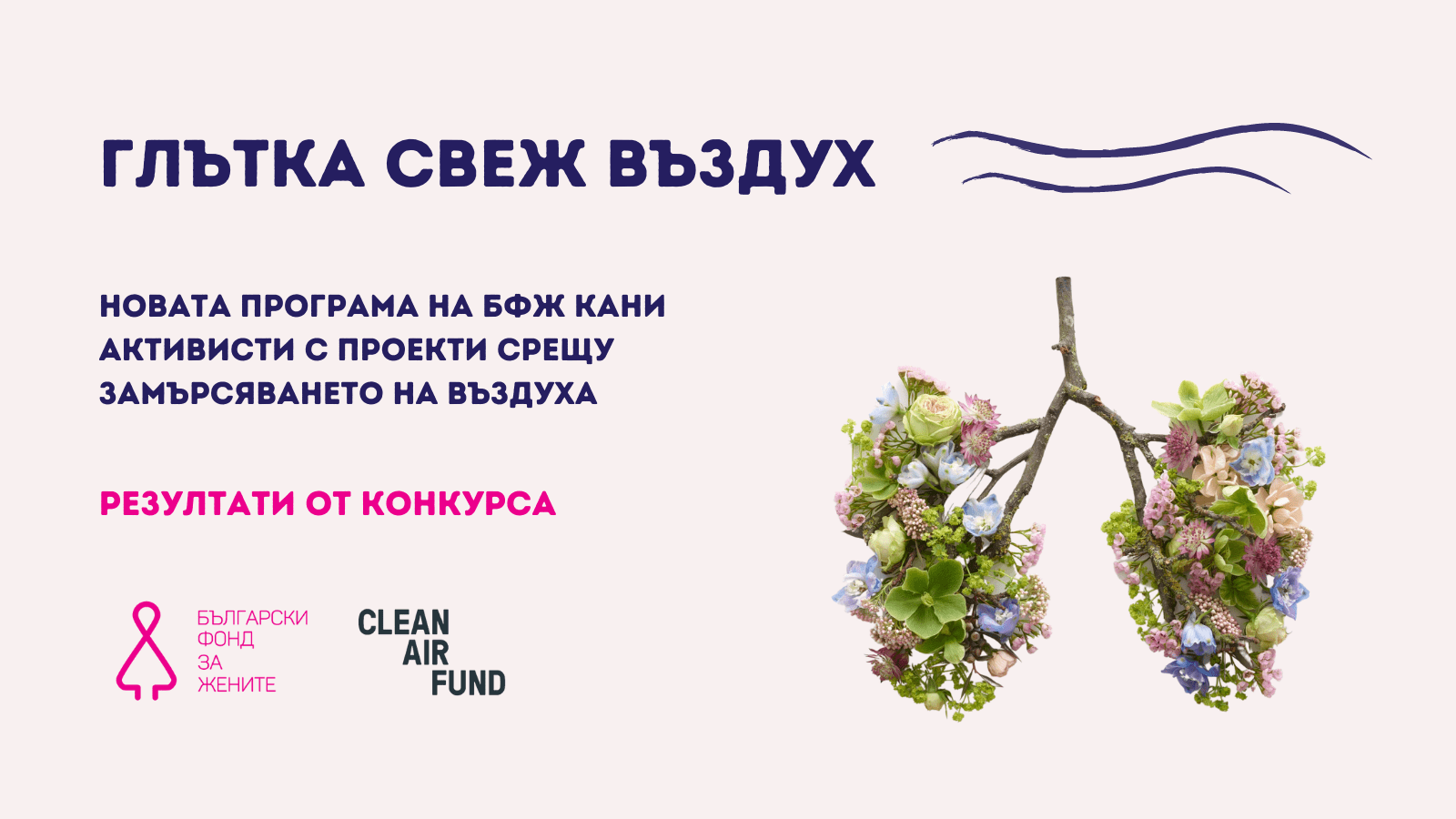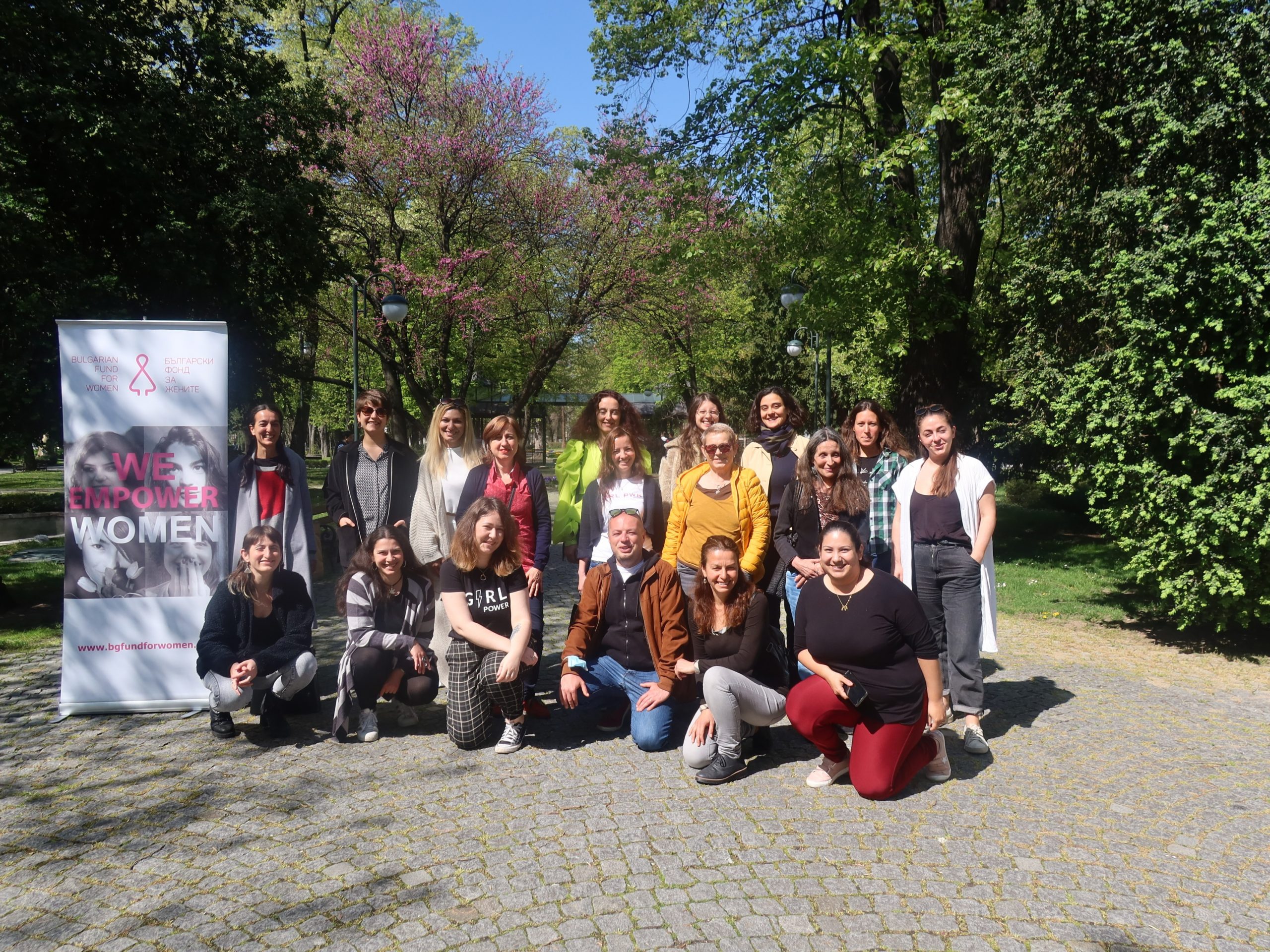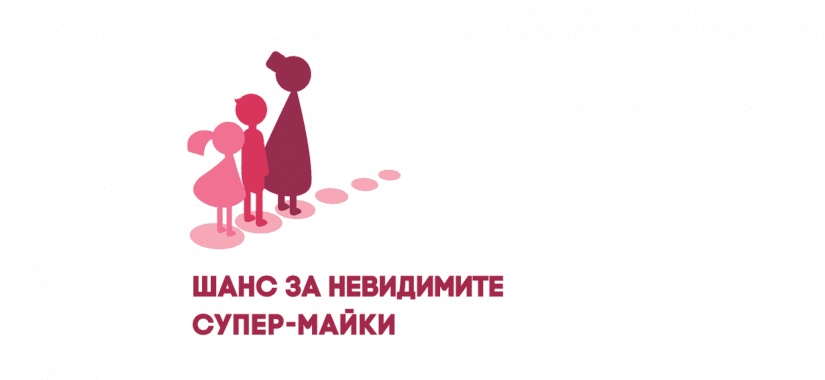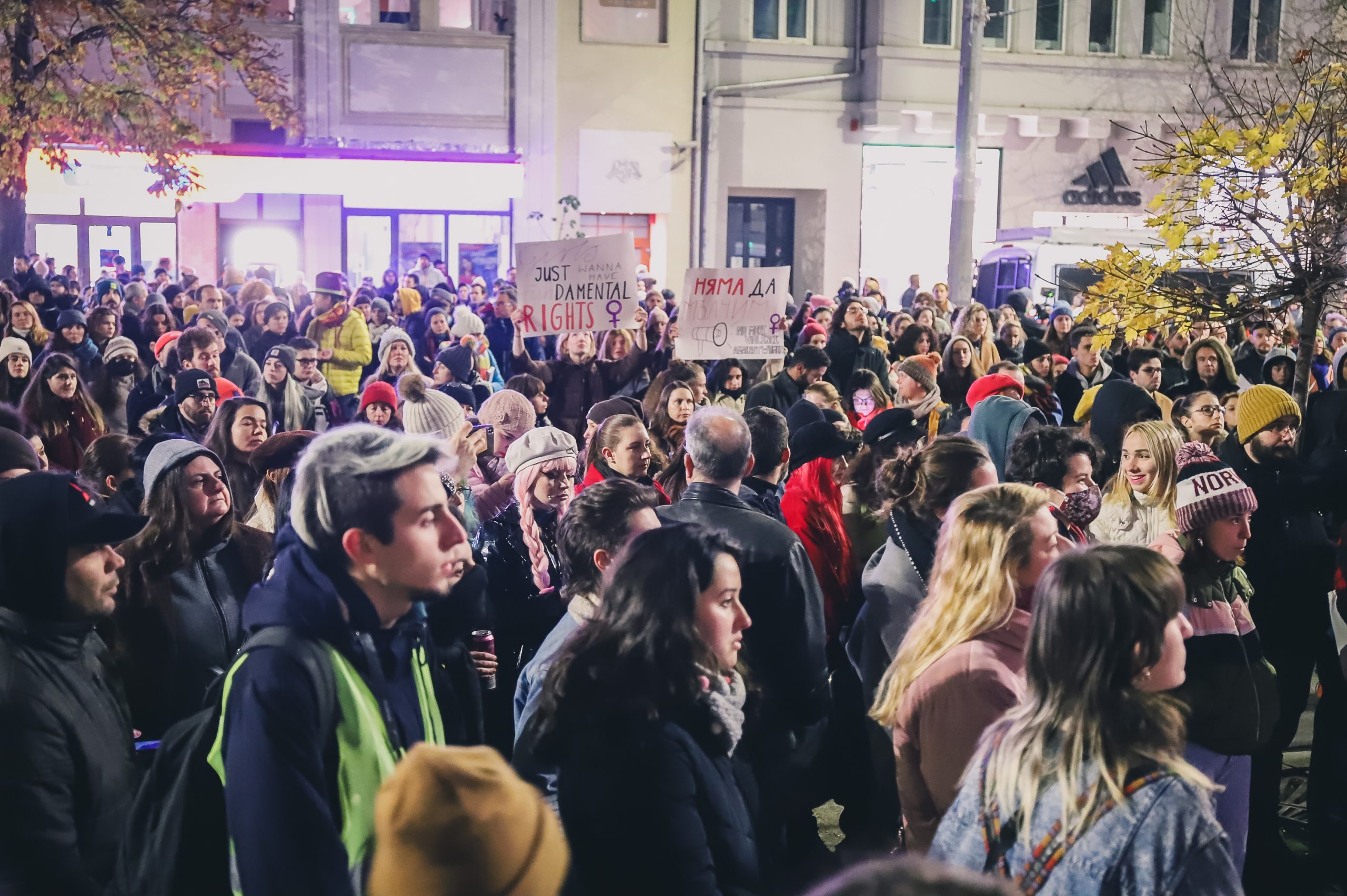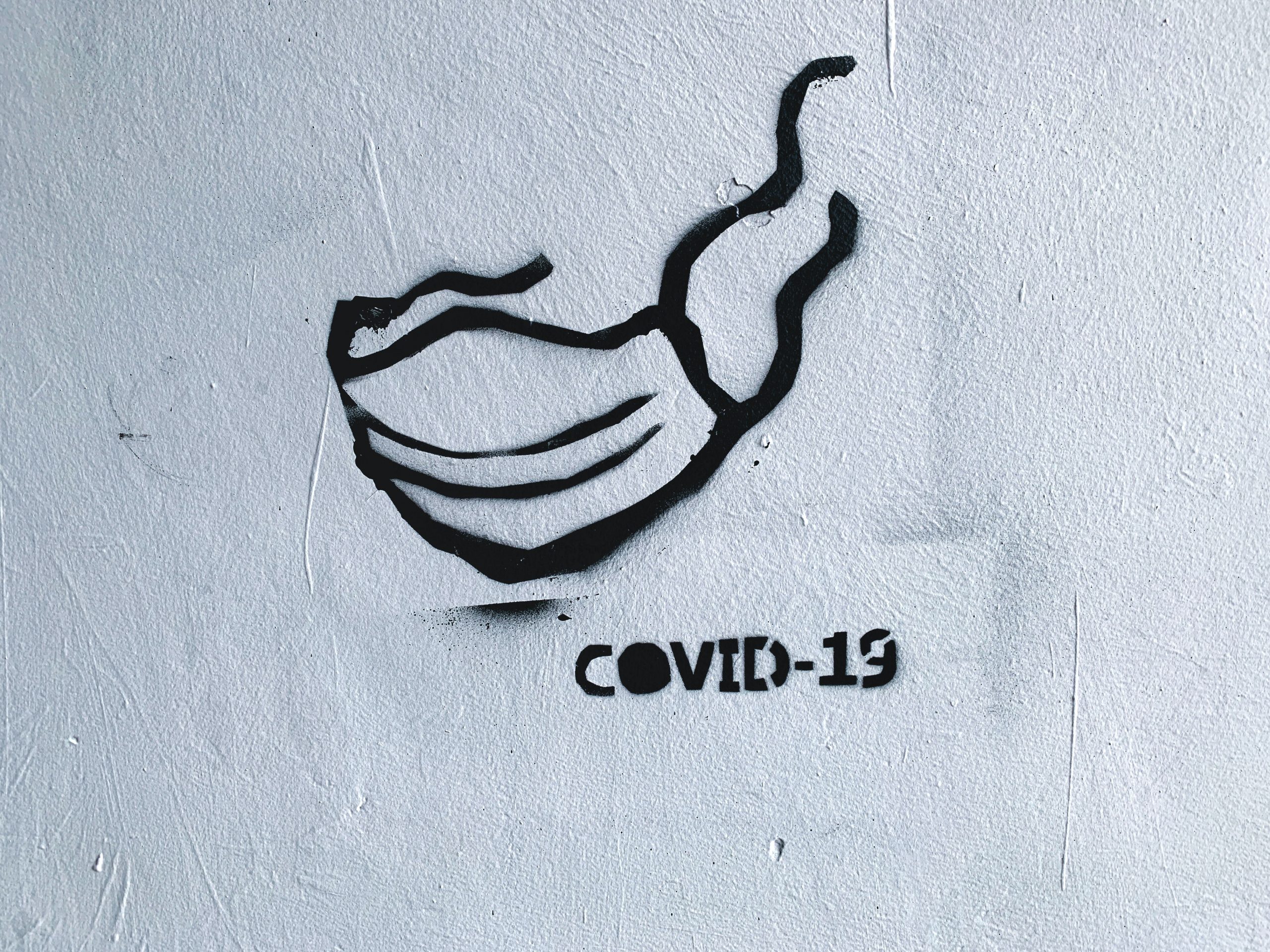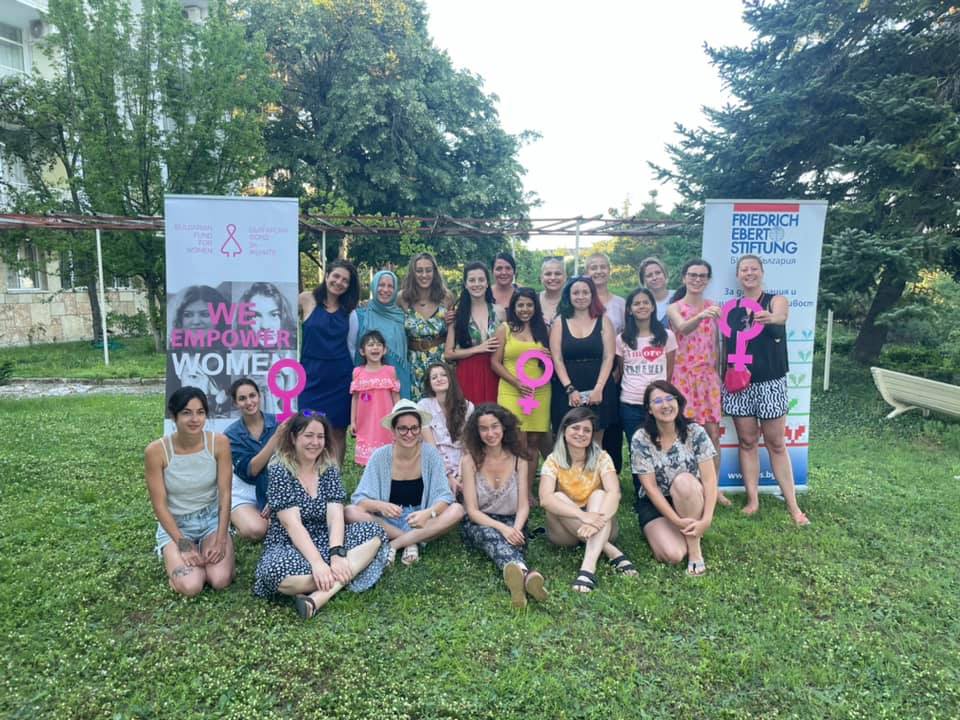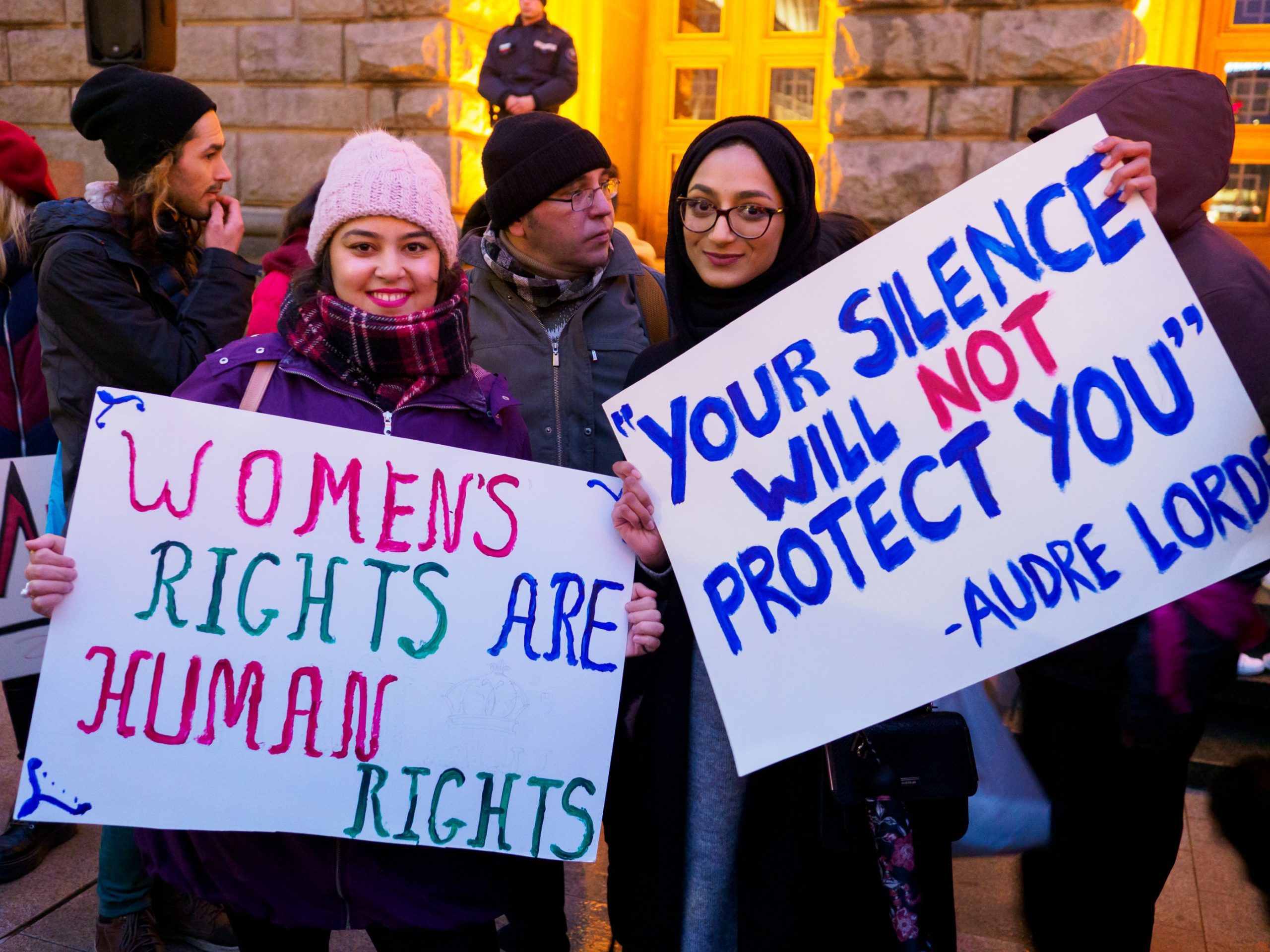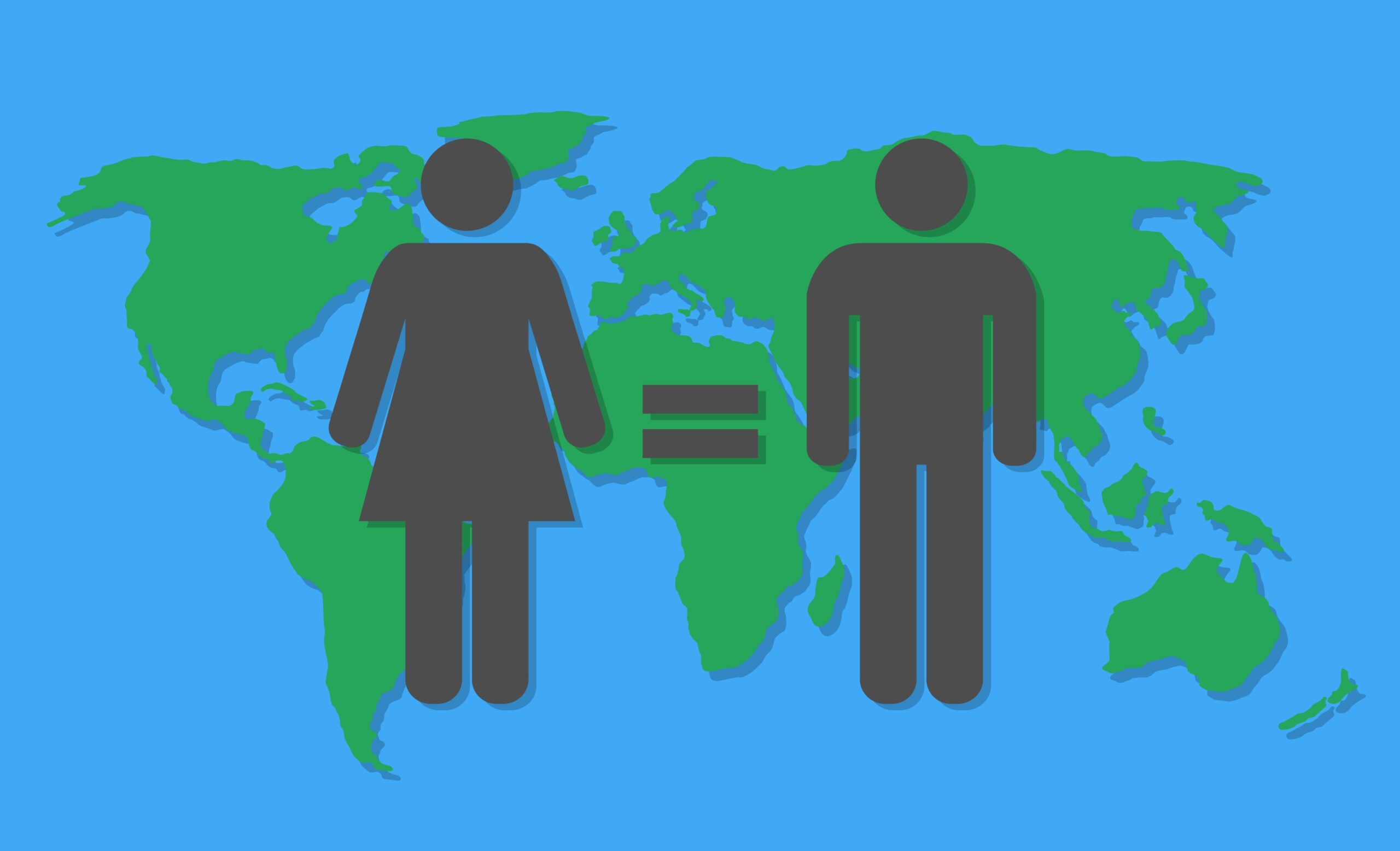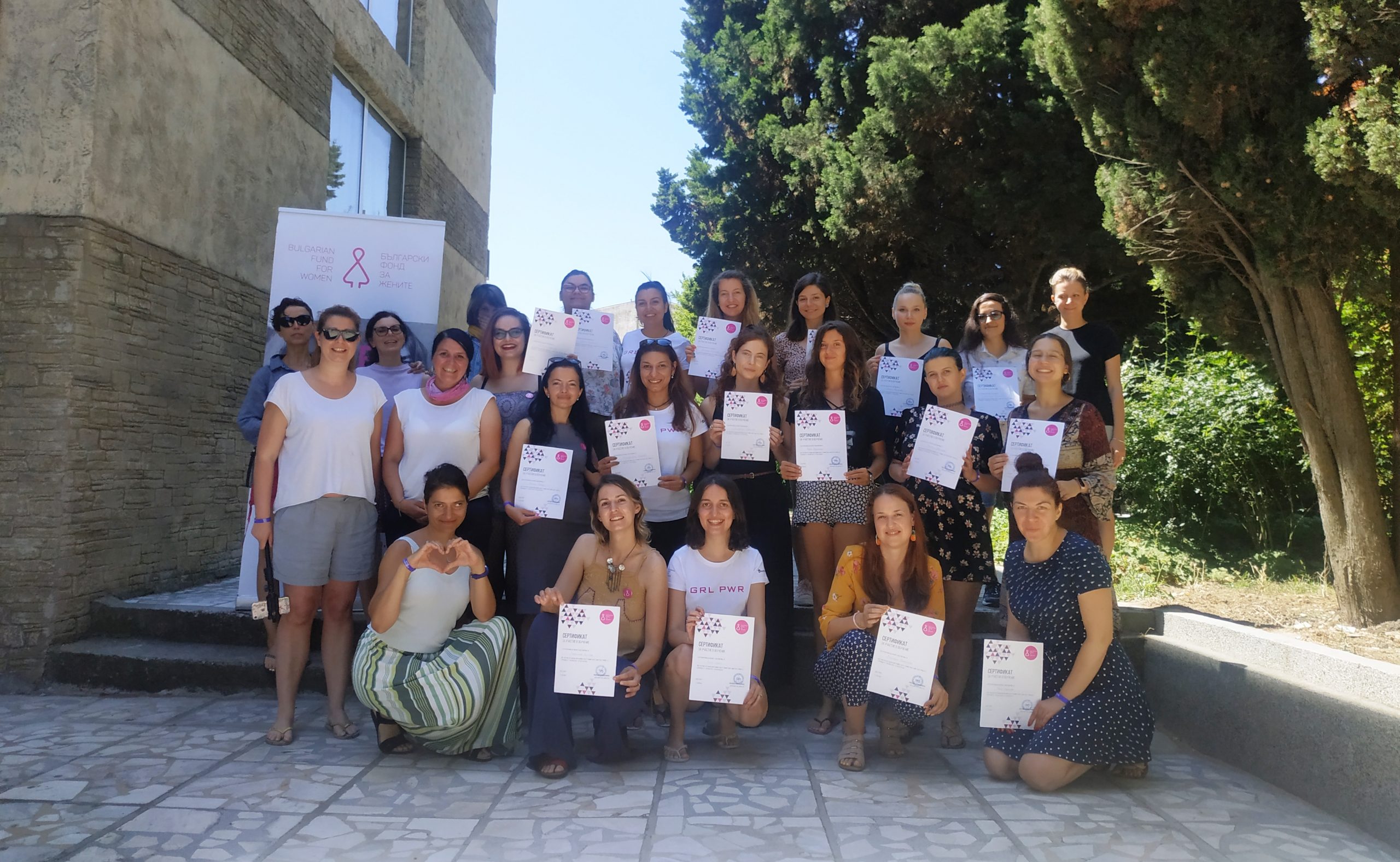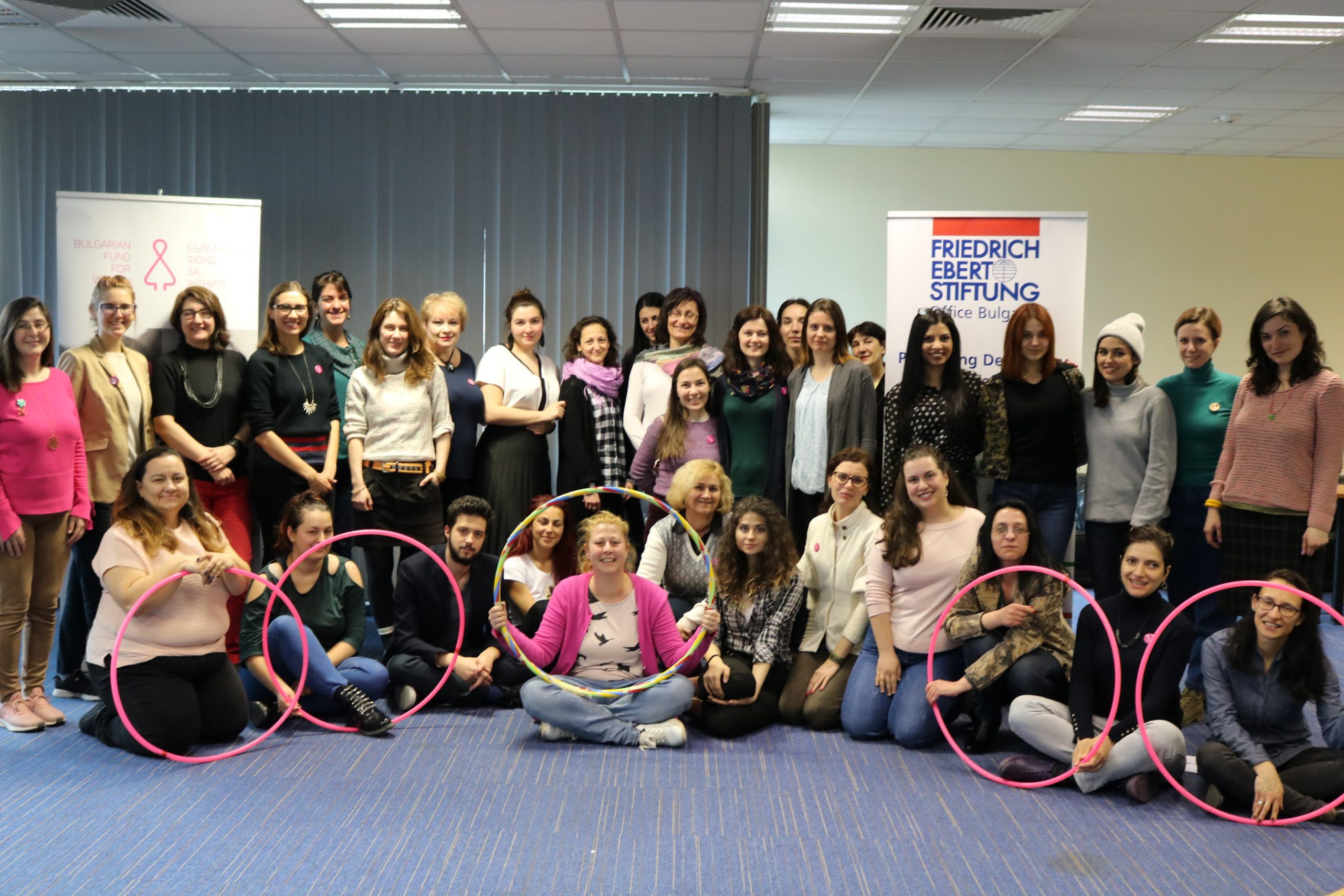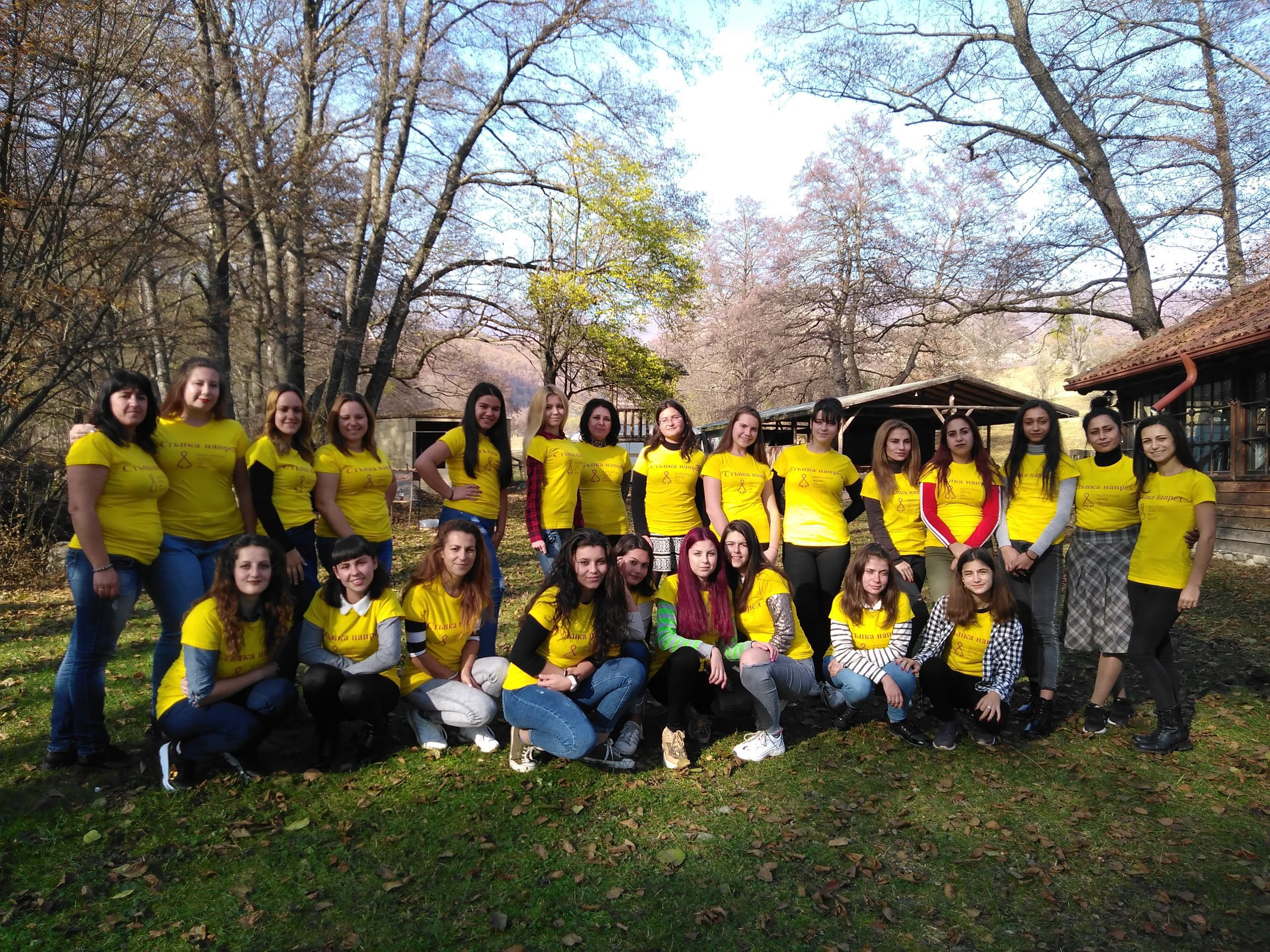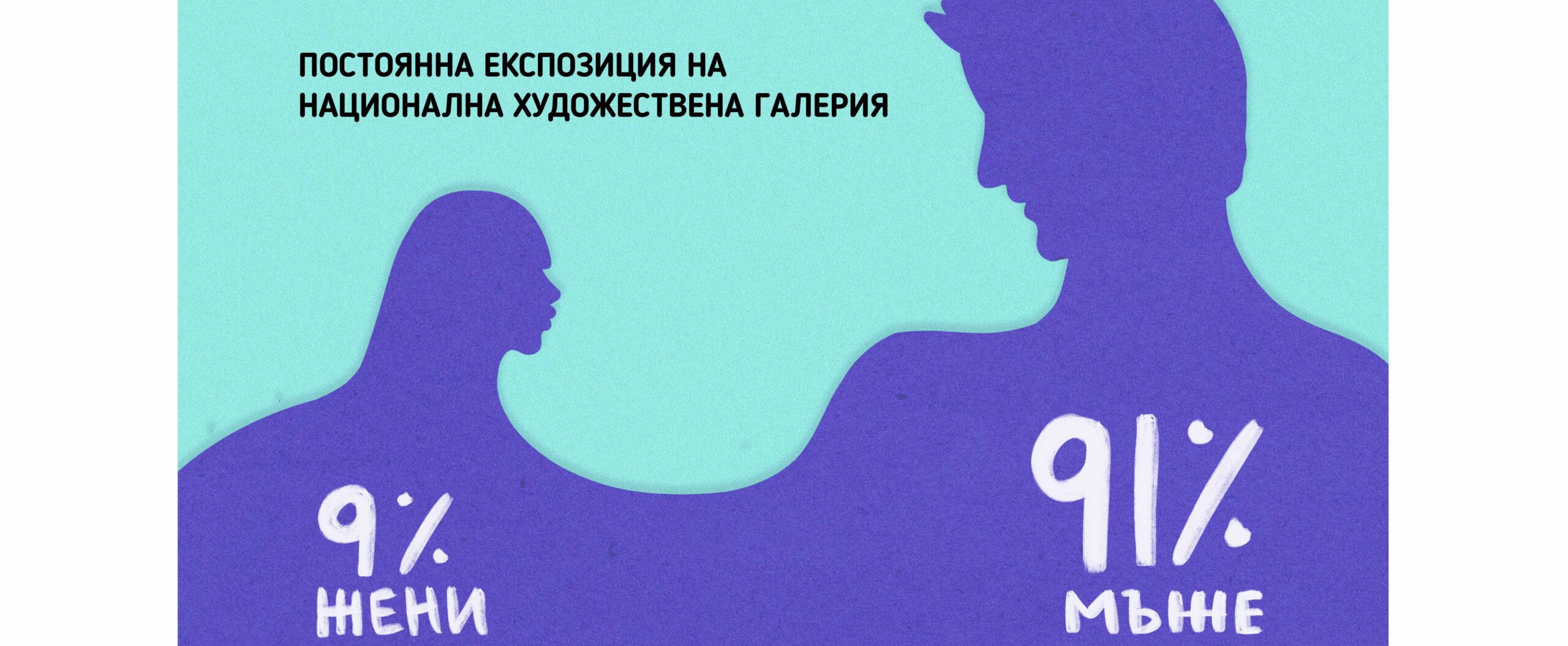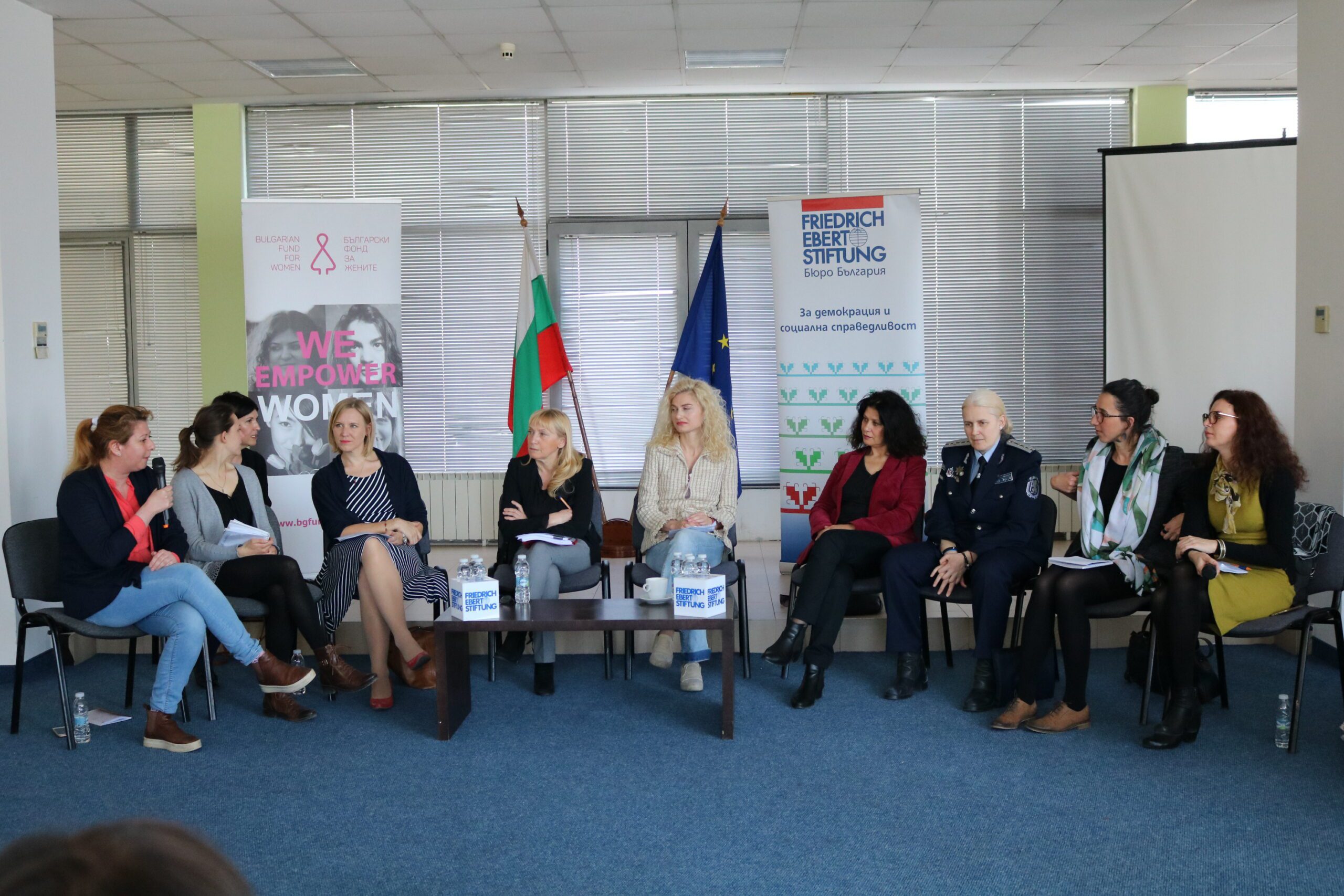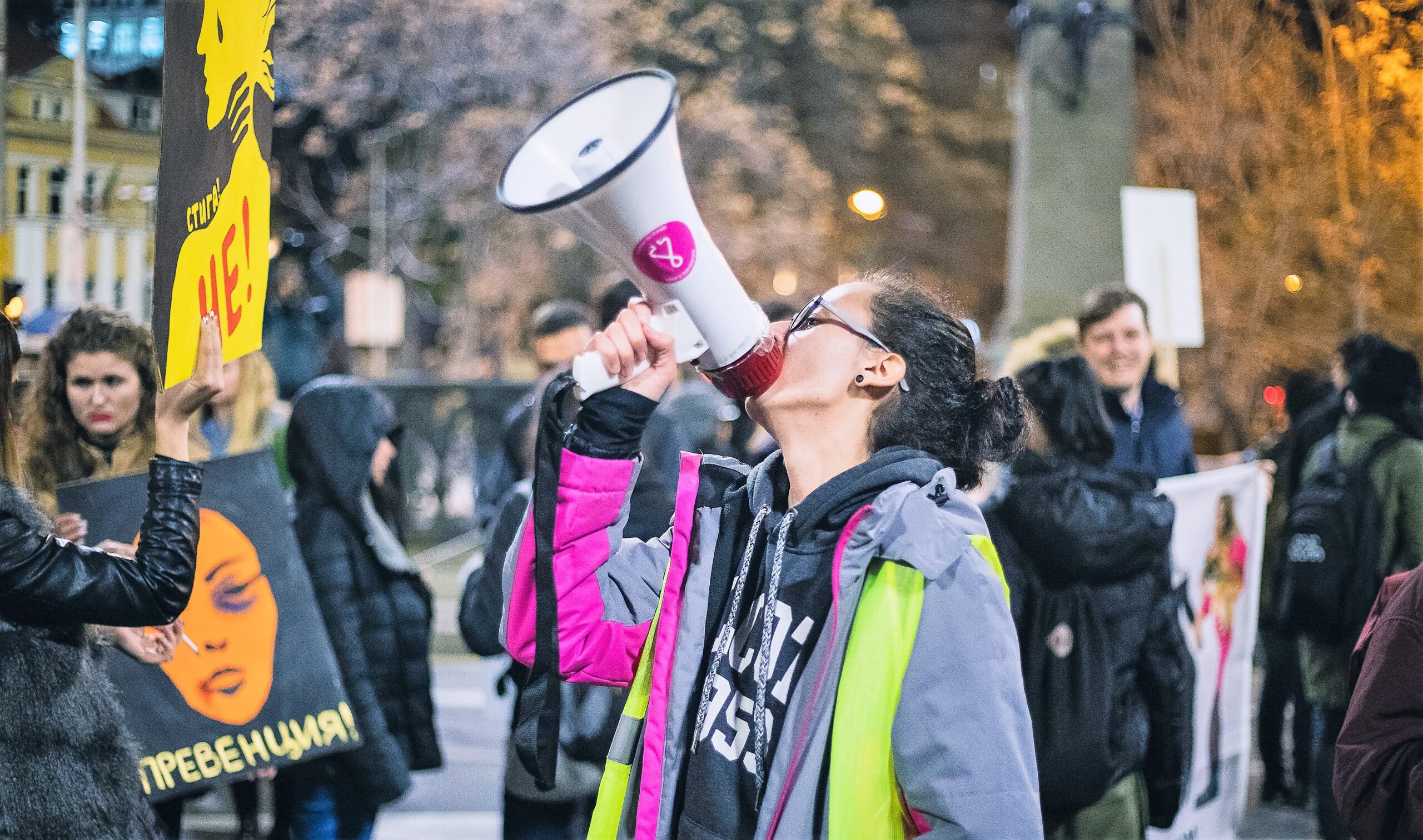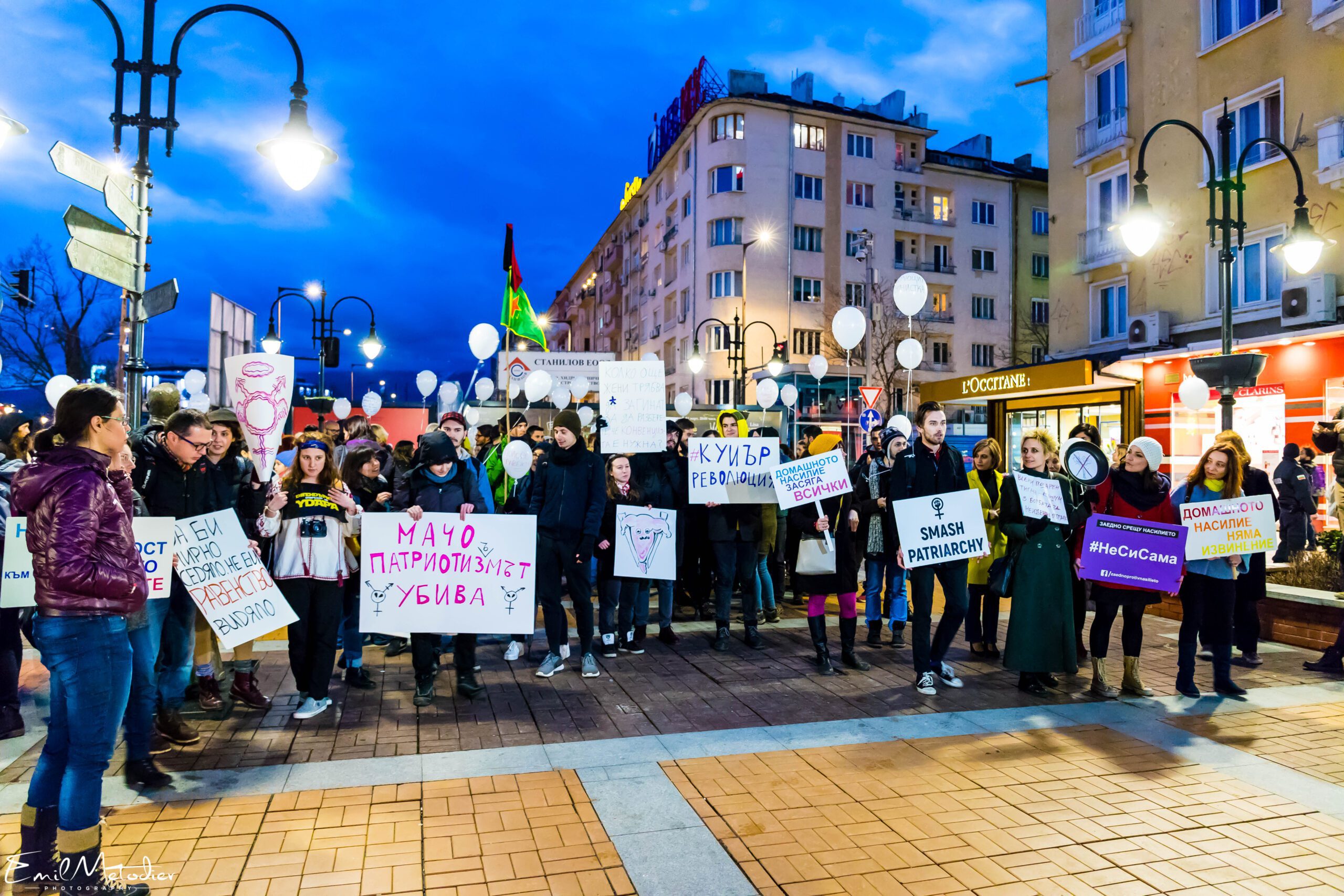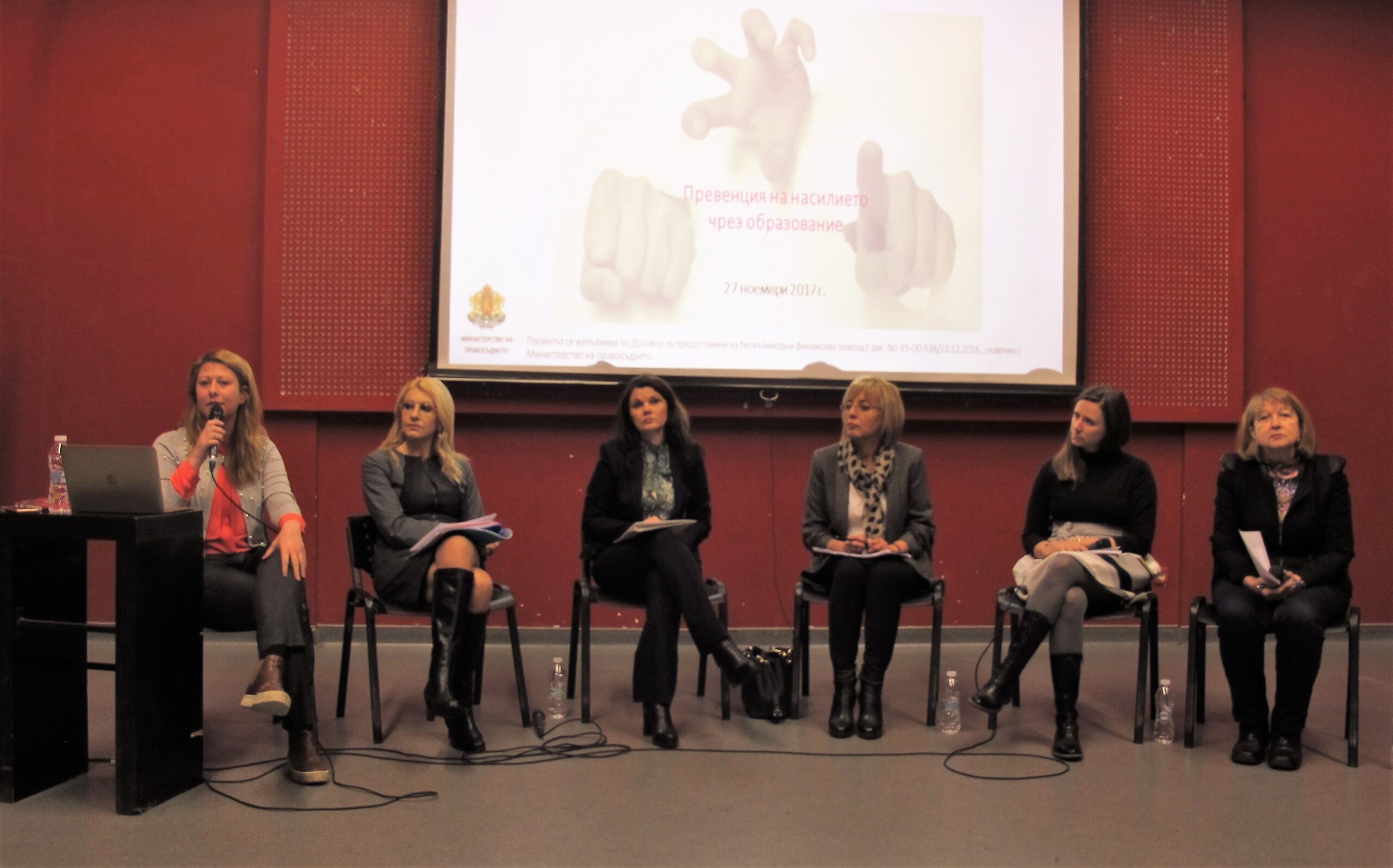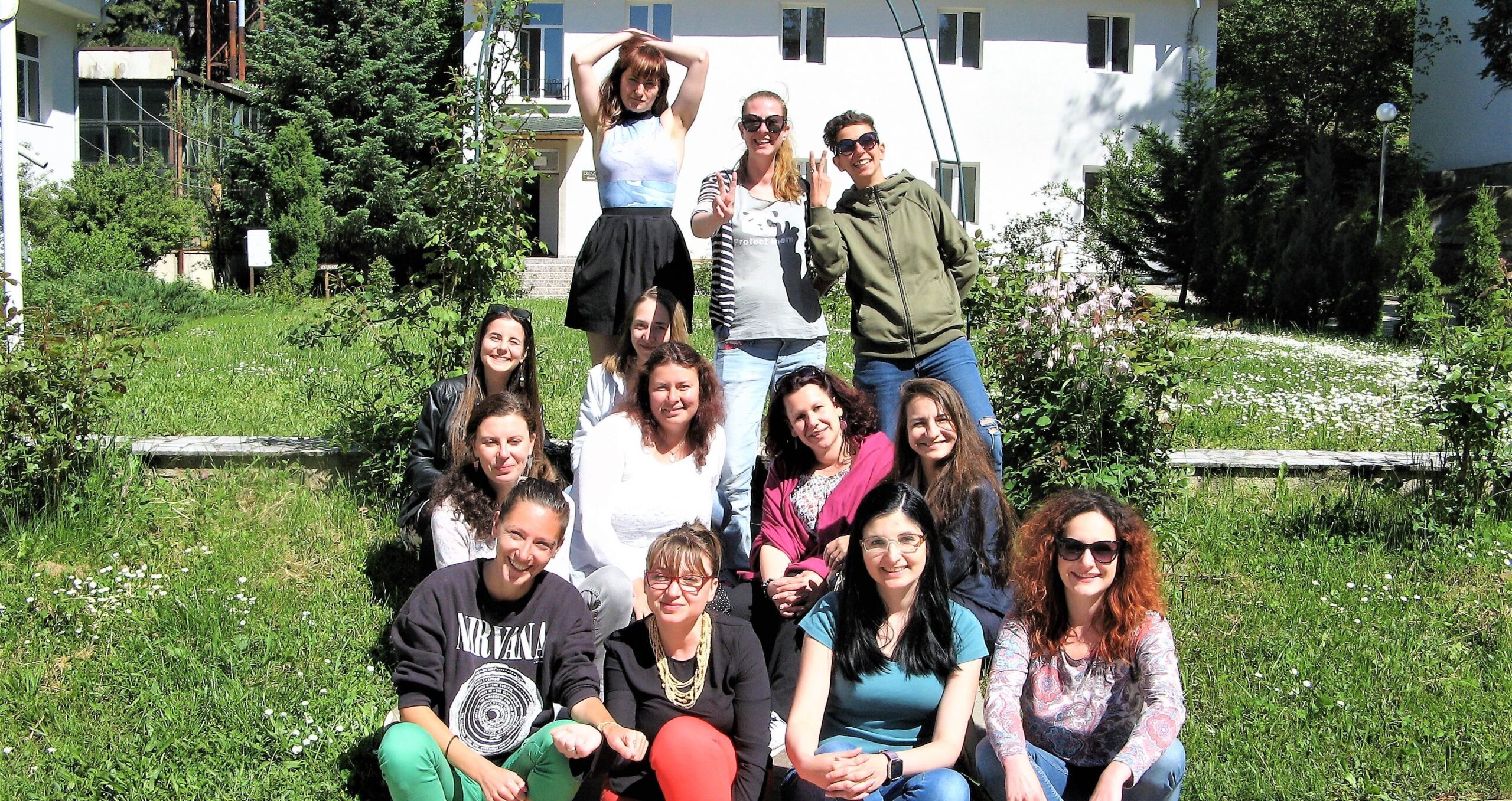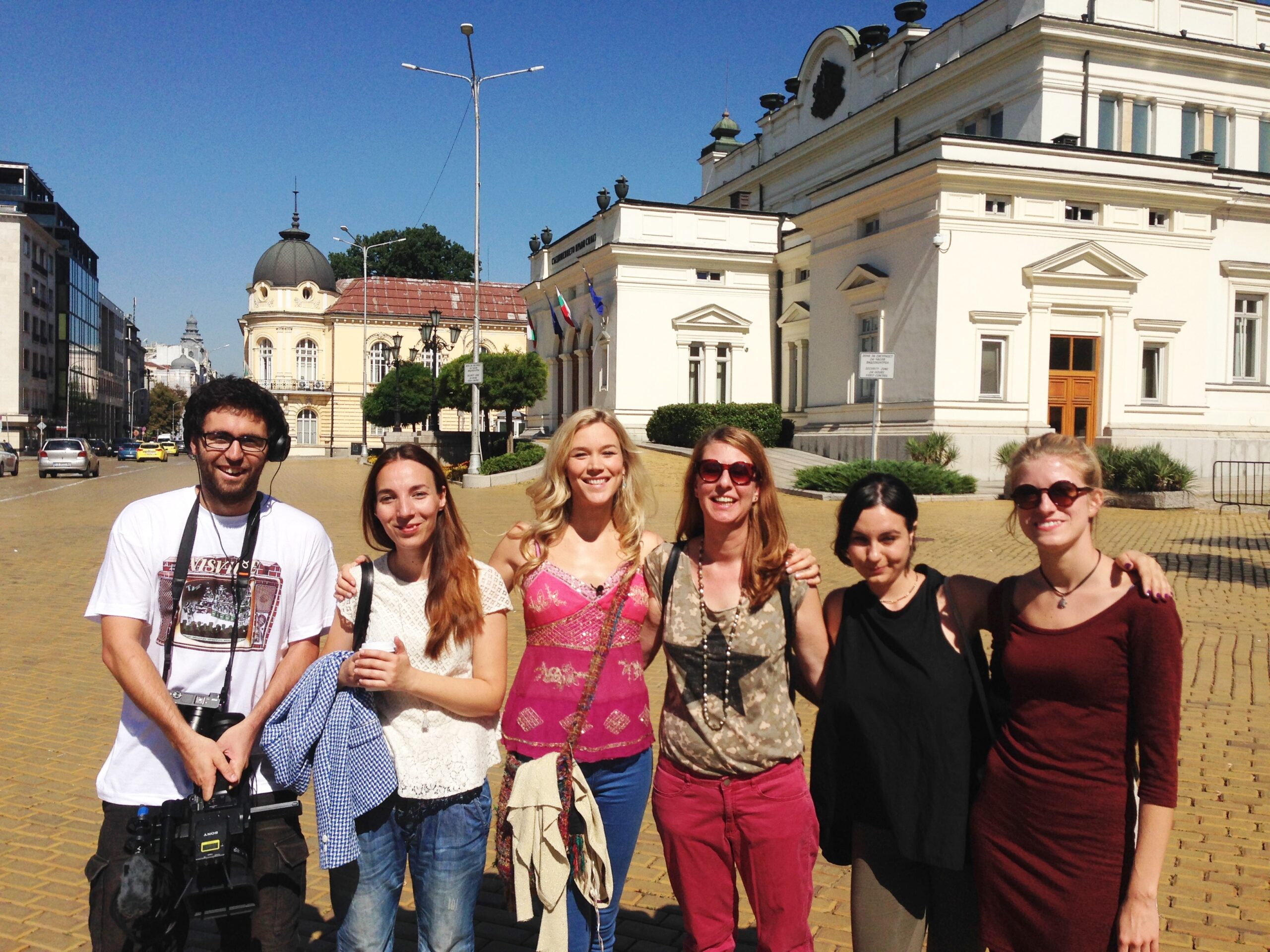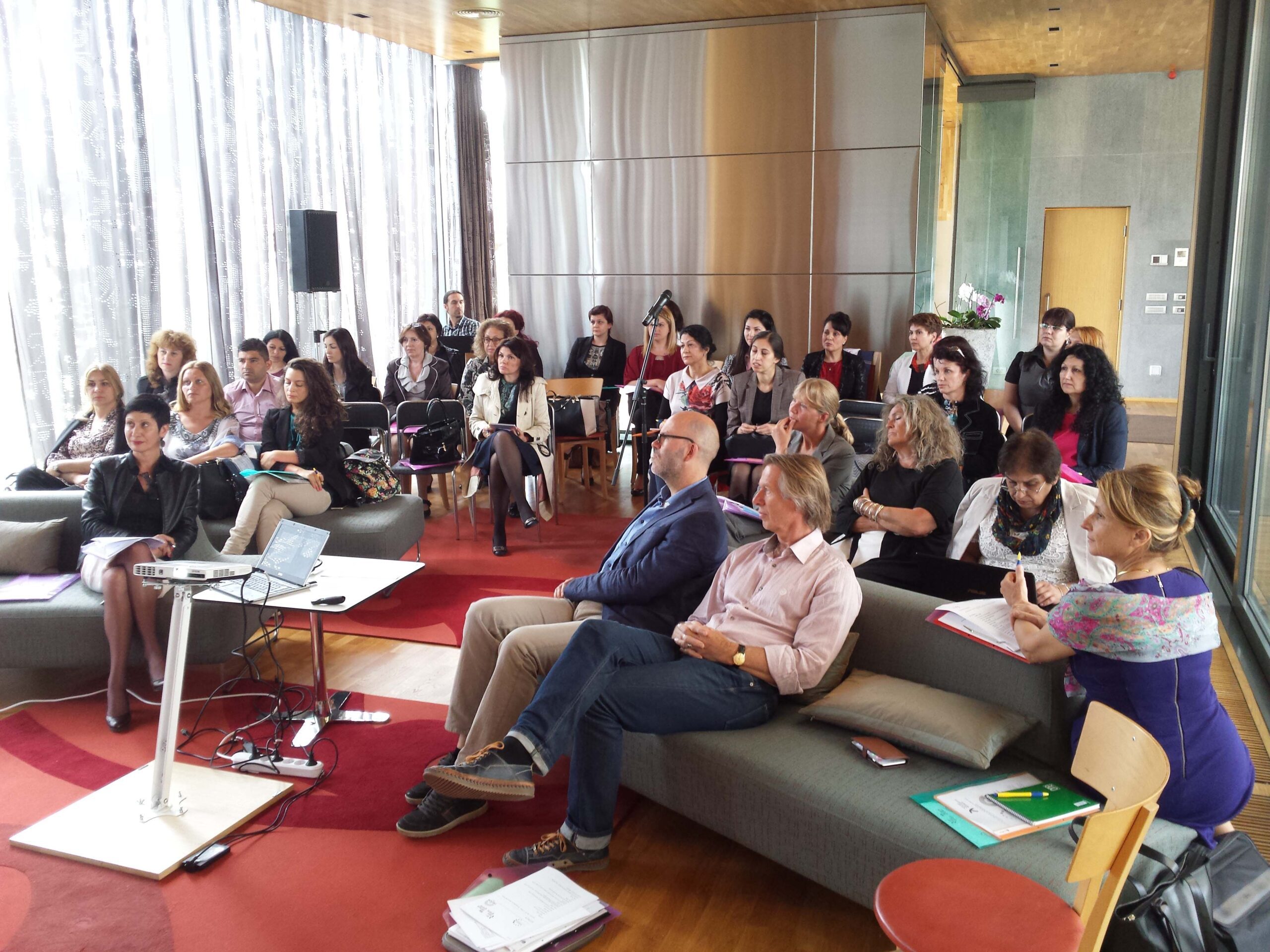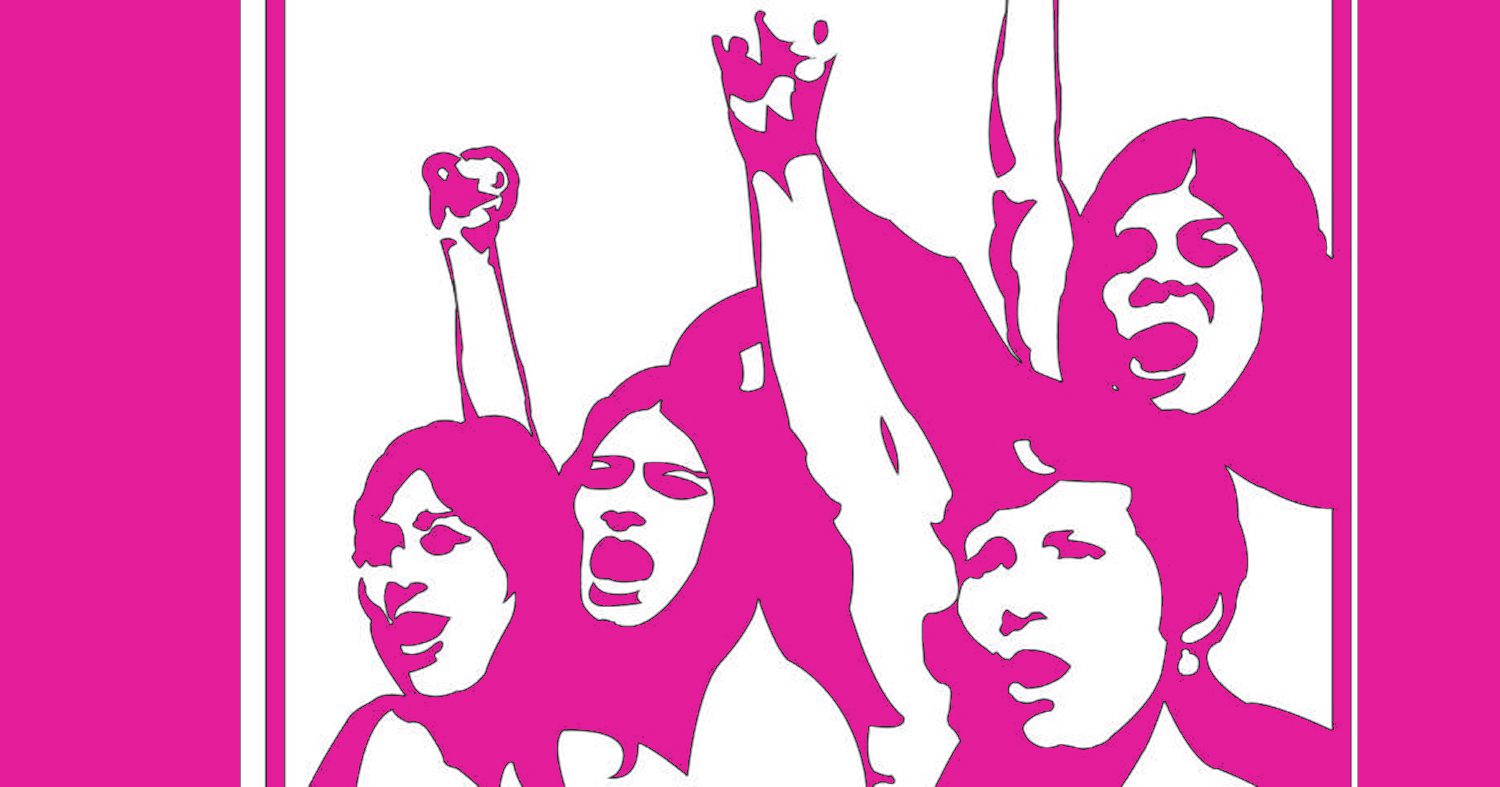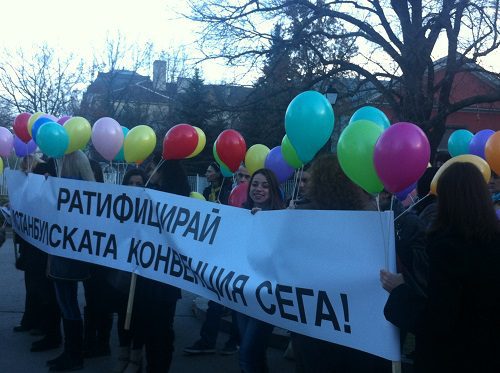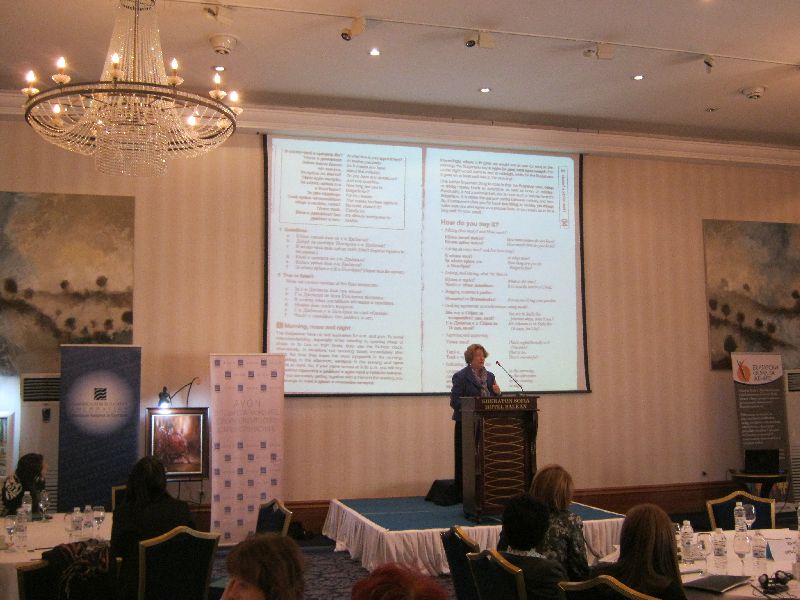The Bulgarian Fund for Women has 16 years of experience and significant expertise related to the fight against domestic violence and gender-based violence, the rights of women and girls and the achievement of gender equality in all spheres of life. Since its establishment in 2004, BFW is the only Bulgarian foundation that supports, both financially and with capacity building, civil society organizations that work on these topics at the national and local level. For years, the Fund has made strategic efforts to empower women and girls, overcome gender stereotypes, combat discrimination and violence, and build a strong women’s movement in the country. The Fund is acquainted with the topics related to women’s rights and gender equality at the local, national and international level. What is more, the fund has over 300 partner organizations, is a member of national and international networks, participates in various working groups and councils and has established good partnerships with institutions and stakeholders. Given our experience and expertise, as well as our long-term work aimed at combating domestic violence and violence against women, the Bulgarian Fund for Women presents its opinion on the following Bill on the Law on Protection from Domestic Violence (LPDV).
On January 13, 2021, the Ministry of Justice published a proposal for a number of amendments to the Law on Protection from Domestic Violence. After getting acquainted with the content of the proposed amendments and the motives for them, we express BFW’s support of the proposed amendments with which we assess the bill as qualitative and justified. In general, we can say that with these proposals the Bulgarian Government is fulfilling its international legal obligations in a precise way and is avoiding future diplomatic and financial sanctions.
The proposals fully comply with the conditions that Bulgaria is obliged to fulfill by virtue of signed international agreements. Below, we will focus in particular on some of the amendments discussed.
Subject: Firearms license
The proposed new measure for protection against domestic violence, concerning the storage and carrying of firearms, is in accordance with the case law under Art. 144 of the Penal Code – threat of a crime. Fear arousal in the victim that a crime will be committed is a psychological violence.
The Supreme Court of Cassation accepts in its practice under Art. 144 of the Penal Code (PC) that the use of a firearm is an aggravating circumstance and that its use causes a well-founded fear in the victim that the threat will be carried out. For committing the crime under Art. 144 of the Penal Code “it is not required at the time of the threat that the perpetrator has made the decision to commit murder, nor has he acted with a suitable means and under conditions under which the result can actually occur.
“It does not matter the duration of the action, the situation, previous acquaintance between the participants or the relationship whether the weapon used to commit the act is legal, or what other actions or remarks were committed or uttered.”
Therefore, the proposed measure of temporary revocation of the permit to carry a firearm is justified and is of a nature to prevent a serious crime, which is one of the objectives of the LPDV.
Subject: Establishment of a National Commission for Prevention and Protection against Domestic Violence
The establishment of a specialized national body and coordination mechanism for the prevention and protection of domestic violence is an international obligation of the Bulgarian Government, which derives from the jurisprudence of the UN Committee on the Elimination of Discrimination against Women (CEDAW) in Bulgarian cases brought by victims of domestic violence. General Recommendation № 35 on gender-based violence against women, issued by CEDAW, instructs Member States:
“34 (e) Set up a mechanism or body, or mandate an existing mechanism or body, to regularly coordinate, monitor and assess the national, regional and local implementation and effectiveness of the measures, including those recommended in the present recommendation and other relevant regional and international standards and guidelines, to prevent and eliminate all forms of gender-based violence against women.”
The National Commission for Combating Trafficking in Human Beings, established in 2004 by the Bulgarian Government, does not include in its activity prevention of all forms of gender-based violence, but is limited to one specific offense – trafficking in human beings.
In a decision of CEDAW dated 19.07.2019 on appeal № 099/2016, case S.L. v. Bulgaria, the Committee shall give the following instructions specifically to Bulgaria:
“To develop and implement effective measures to avoid the recurrence of the same infringements, with the active participation of all relevant parties.”
Subject: State funding of shelters
The opening of crisis centers and shelters, financed at the expense of the state budget, is an international obligation of the Bulgarian Government, which derives from the jurisprudence of CEDAW in Bulgarian cases filed by victims of domestic violence. In a decision of CEDAW dated 25.07.2011 on complaint № 020/2008, case V.K. vs. Bulgaria:
9.16 The Committee makes the following recommendations to the State party:
(iii) Ensure that a sufficient number of State-funded shelters are available to victims of domestic violence and their children and provide support to non-governmental organizations offering shelter and other forms of support to victims of domestic violence;
Subject: Time limit for lodging an application for protection
Extending the deadline for filing an application with the defense courtis an international obligation of the Bulgarian Government, which derives from CEDAW’s jurisprudence in Bulgarian cases brought by victims of domestic violence. In the decisions in the above-cited cases S.L v. Bulgaria, paragraph 7.15 (b) (ii) and V.K. v. Bulgaria, paragraph 9.16 (i), the Committee shall give the following guidance to Bulgaria:
(i) Amend article 10 (1) of the Law on Protection against Domestic Violence so as to remove the one-month time limit and to ensure that protection orders are available without placing undue administrative and legal burdens on applicants;
Subject: The non-appeal of the order for immediate protection
The removal of the possibility to appeal the immediate protection order is in accordance with the Code of Criminal Procedure and applicable international law. The proceedings under Art. 67, para. 3 of the CCP “Prohibition of approaching the victim” is also a single instance:
“The court shall immediately consider the proposal or the application alone in an open session with a hearing of the public prosecutor, the accused and the victim. The court’s ruling is final.”
The Convention for the Protection of Human Rights and Fundamental Freedoms (CPHR) does not guarantee the right to appeal and the right to two-instance judicial review in civil proceedings, such as the proceedings under the PDPA. Article 2 of Protocol No. 7 to the CPHR guarantees such a right only in certain criminal cases and only in respect of the conviction and the question of guilt, but not in respect of preliminary matters:
“1 Everyone convicted of a criminal offence by a tribunal shall have the right to have his conviction or sentence reviewed by a higher tribunal. The exercise of this right, including the grounds on which it may be exercised, shall be governed by law.
2 This right may be subject to exceptions in regard to offences of a minor character, as prescribed by law, or in cases in which the person concerned was tried in the first instance by the highest tribunal or was convicted following an appeal against acquittal.”
Subject: The definition of actual cohabitation
The definition of de facto cohabitation through gender-neutral words is an international obligation of the Bulgarian Government, which derives from the jurisprudence of CEDAW in Bulgarian cases filed by victims of domestic violence. In the decision S.L v. Bulgaria (cited above) paragraph 7.15 (b) (ii), the Committee shall give the following instructions to Bulgaria:
“(ii) Promptly revise its legislation and, if necessary, its constitutional provisions, to bring them into full compliance with the Convention and international human rights standards, including general recommendations No. 19 and No. 35 and the Council of Europe Convention on Preventing and Combating Violence against Women and Domestic Violence (Istanbul Convention);”
The proposed definition of de facto cohabitation fulfills this instruction, while at the same time it complies with the Bulgarian national anti-discrimination standards. The LPDV applies equally to all Bulgarian citizens. If the definition of de facto cohabitation contains words such as “woman” and “man”, the LPVD will not be applicable to Bulgarian citizens with a non-heterosexual orientation. This means that the Bulgarian Government deprives these individuals of an effective legal mean against domestic violence. Therefore, this would be a direct discrimination and a direct violation of international agreements to which Bulgaria is a party. Failure to regulate the actual cohabitation of all Bulgarian citizens would violate international human rights treaties – Art. 17 in connection with Art. 26 of the International Covenant on Civil and Political Rights and Art. 8 in connection with Art. 14 of the CPHR – and would be contrary to the obligations that Republic of Bulgaria has undertaken as a full member of the European Union.
Subject: The definition of domestic violence in the Penal Code
In its current form, the definition of domestic violence in Art. 93 of the Penal Code differs from the international legal definition, which is:
“All acts of physical, sexual, psychological or economic violence that occur within the family or domestic unit or between former or current spouses or partners, whether or not the perpetrator shares or has shared the same residence with the victim;” (Article 3 (b) of the Convention on the Prevention and Combating of Violence against Women and Domestic Violence).
The definition of “systematicity” is missing in the international legal definition; one act is enough to define violence as “domestic”. Through the proposed changes, the domestic and international definitions are harmonized. At the same time, the qualifying composition of the bodily injuries in Art. 131 of the Penal Code, which provides for a greater punishment when the act is repeated. The harmonization of definitions is an international obligation of the Bulgarian Government, which derives from the jurisprudence of CEDAW in Bulgarian cases filed by victims of domestic violence. In S.L. v. Bulgaria (cited above) paragraph 7.15 (b) (iii), the Committee instructs Bulgaria:
(iii) Complete the process of ratifying the Istanbul Convention, as doing so will reinforce the State party’s ability to combat gender-based violence and domestic violence.
Subject: The qualified definition of “subsequent pregnancy”
The criminalization of unwanted pregnancy as a type of psychological violence is an international legal obligation of Bulgaria, which derives from the International Covenant on Civil and Political Rights and the Convention on the Elimination of All Forms of Discrimination against Women. In the decision of 29.03.2011 in the case of V.D.A. v Argentina, complaint № 1608/2007, the UN Human Rights Council ruled:
“9.2 The Committee takes note of the author’s allegation that forcing her daughter to continue her pregnancy, even though she should have enjoyed protection under article 86.2 of the Criminal Code, constituted cruel and inhuman treatment. The State party asserts that, while forcing her to endure a pregnancy resulting from rape and undergo an illegal abortion could have been a contributing factor to the mental injury that the victim suffered, it did not constitute torture. The Committee considers that the State party’s omission, in failing to guarantee L.M.R.’s right to a termination of pregnancy, as provided under article 86.2 of the Criminal Code, when her family so requested, caused L.M.R. physical and mental suffering constituting a violation of article 7 of the Covenant that was made especially serious by the victim’s status as a young girl with a disability. ”
General Recommendation № 35 on gender-based violence against women, issued by CEDAW, contains the following definition:
“18. Violations of women’s sexual and reproductive health and rights, such as forced sterilization, forced abortion, forced pregnancy,…, are forms of gender-based violence that, depending on the circumstances, may amount to torture or cruel, inhuman or degrading treatment.”
The lack of a qualificative definition for а subsequent pregnancy for the crimes of rape and illegal cohabitation with a minor suggests that an unwanted pregnancy is not a form of moral damage suffered by the victim, which is not the case under international law.
Image: Pixabay

